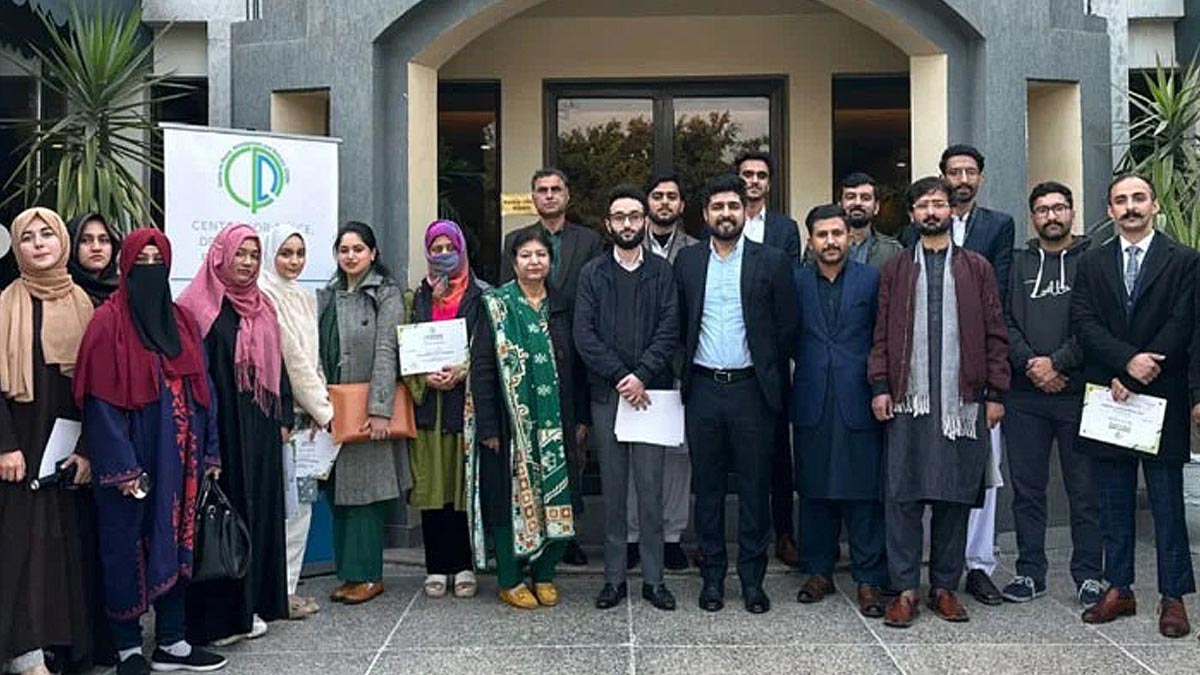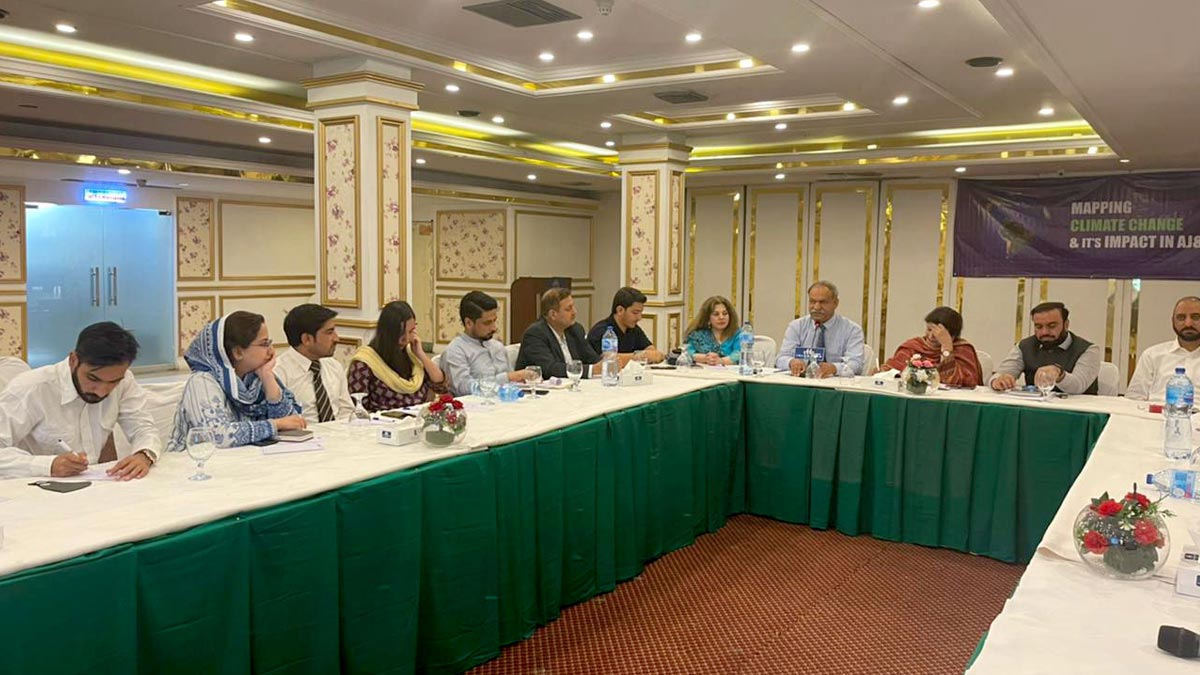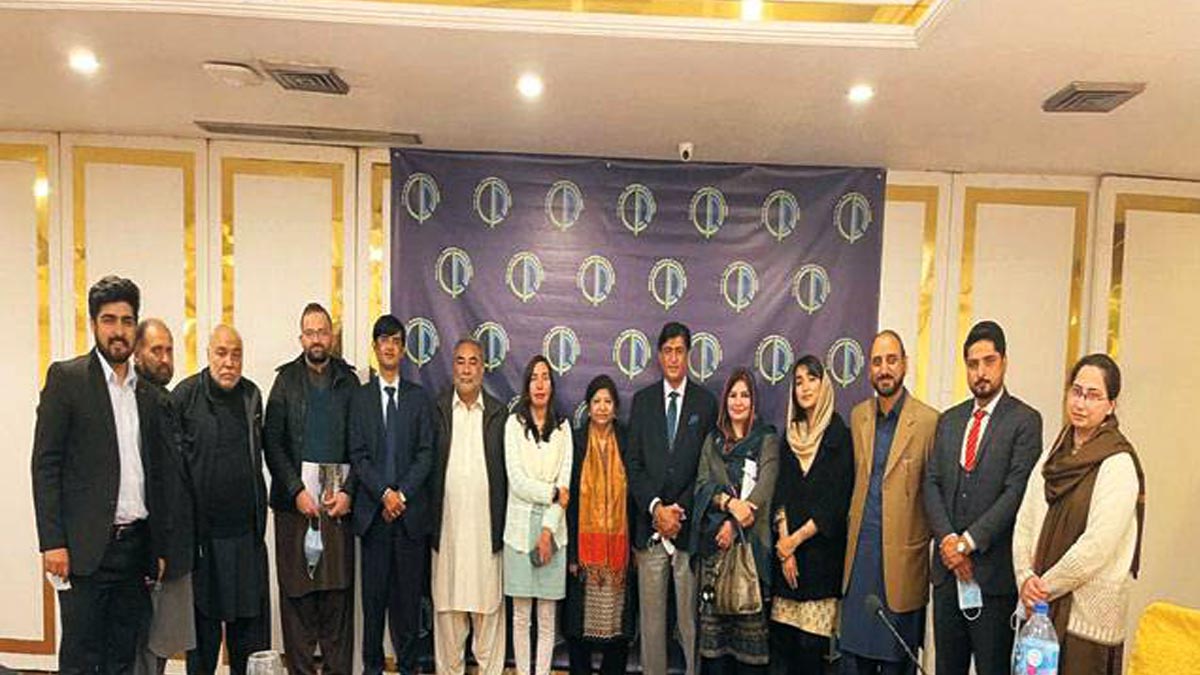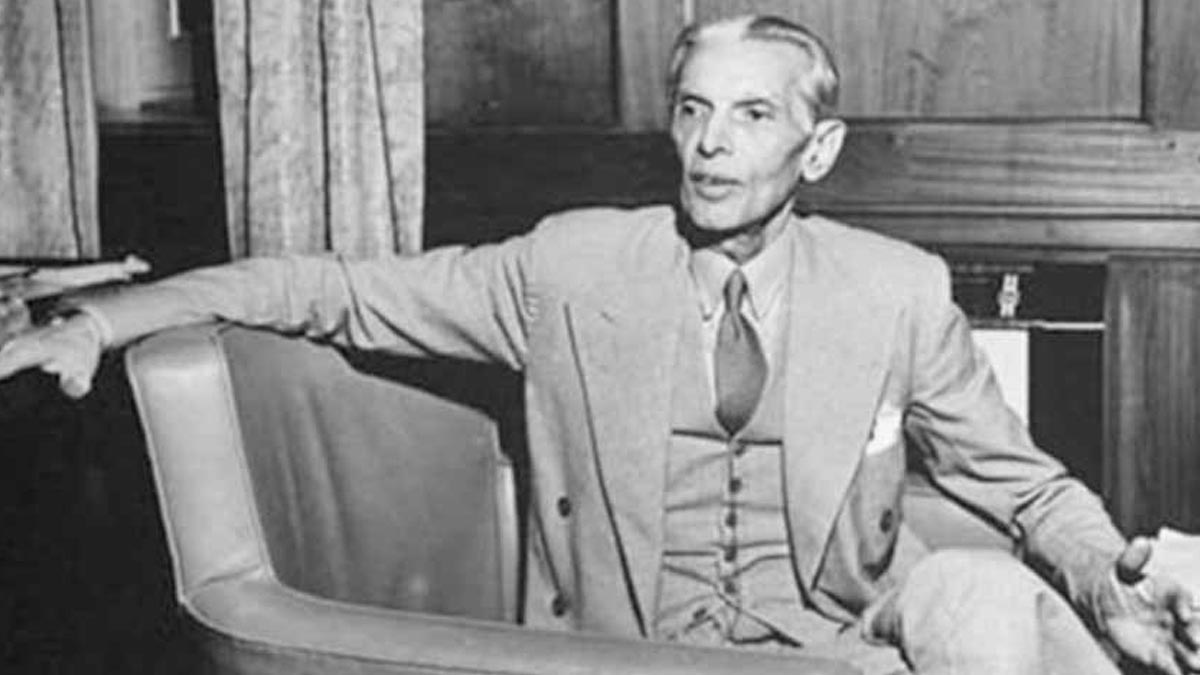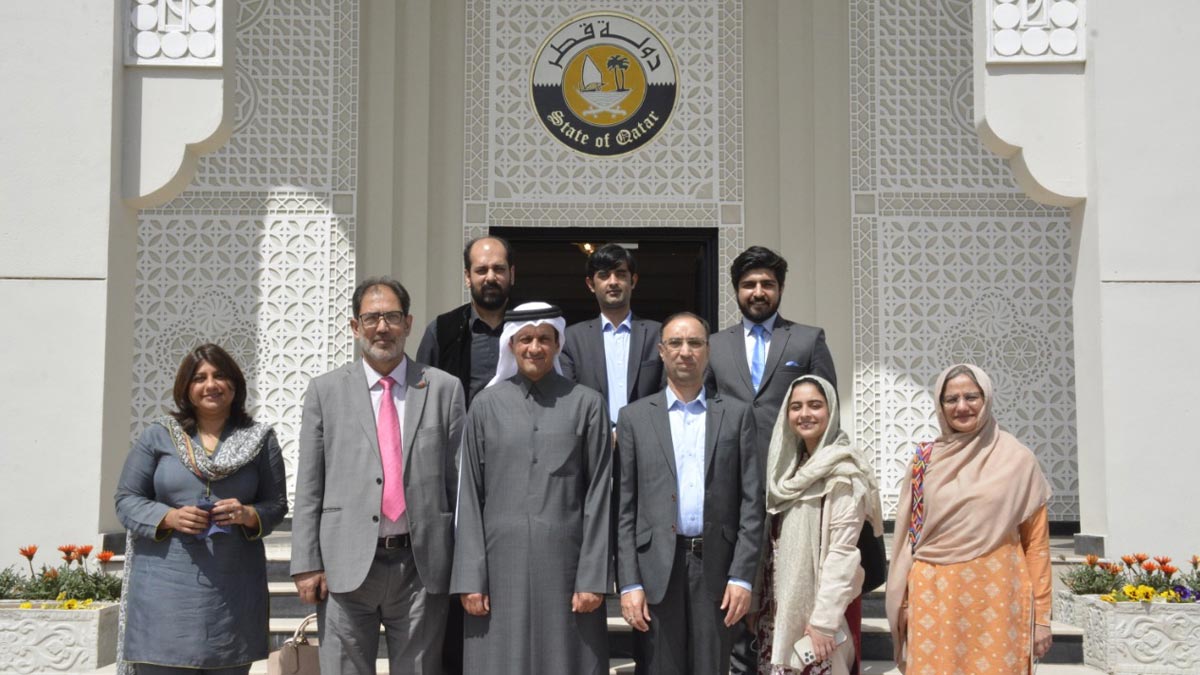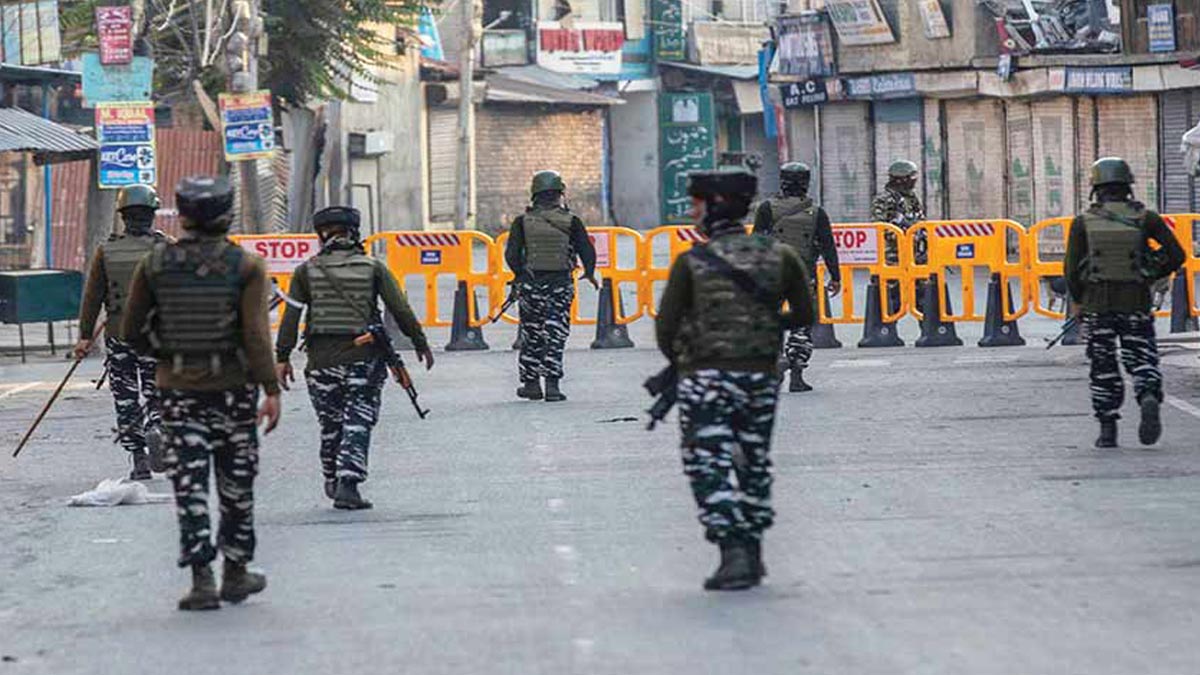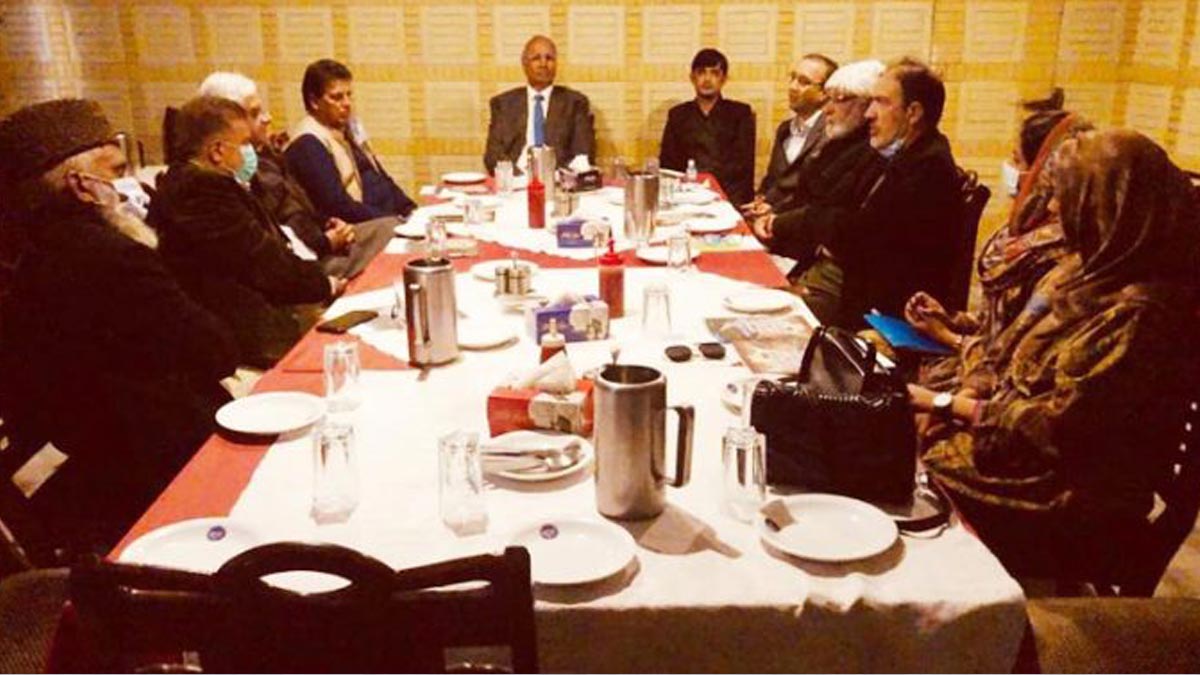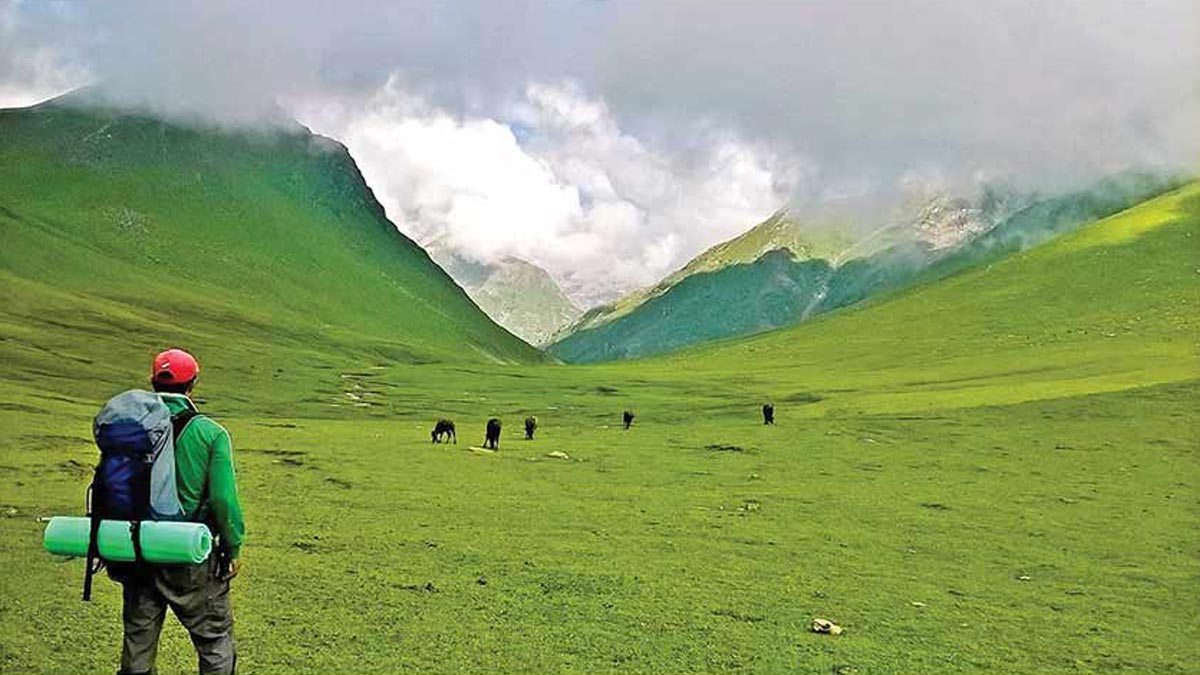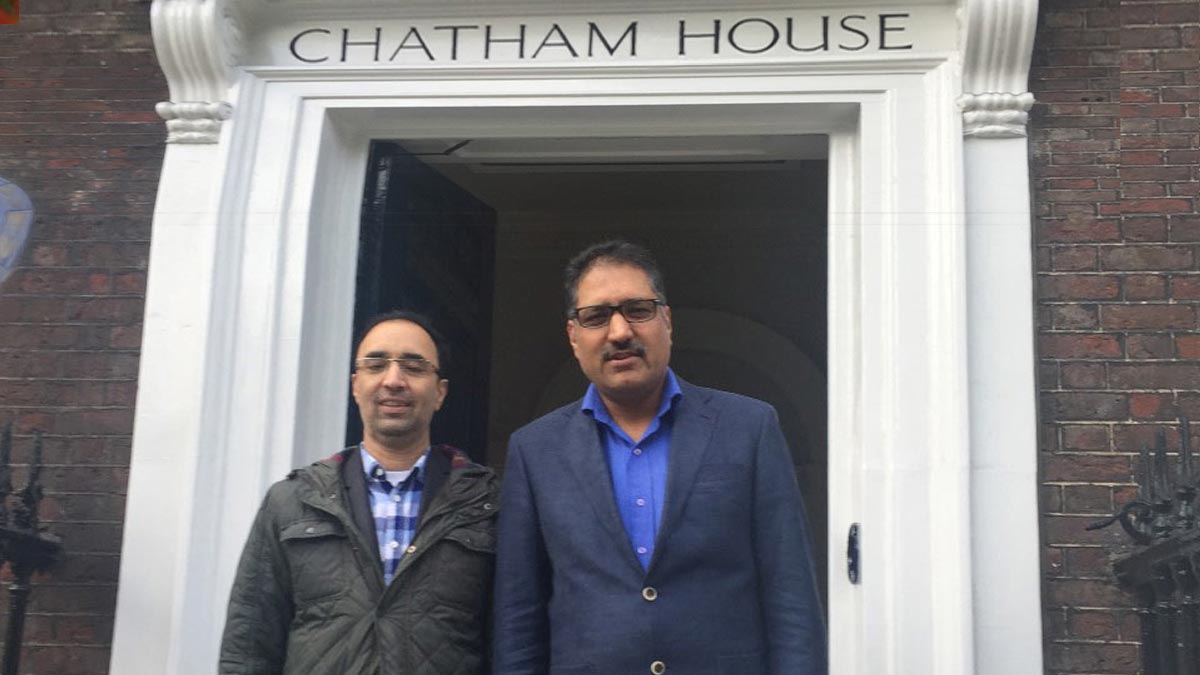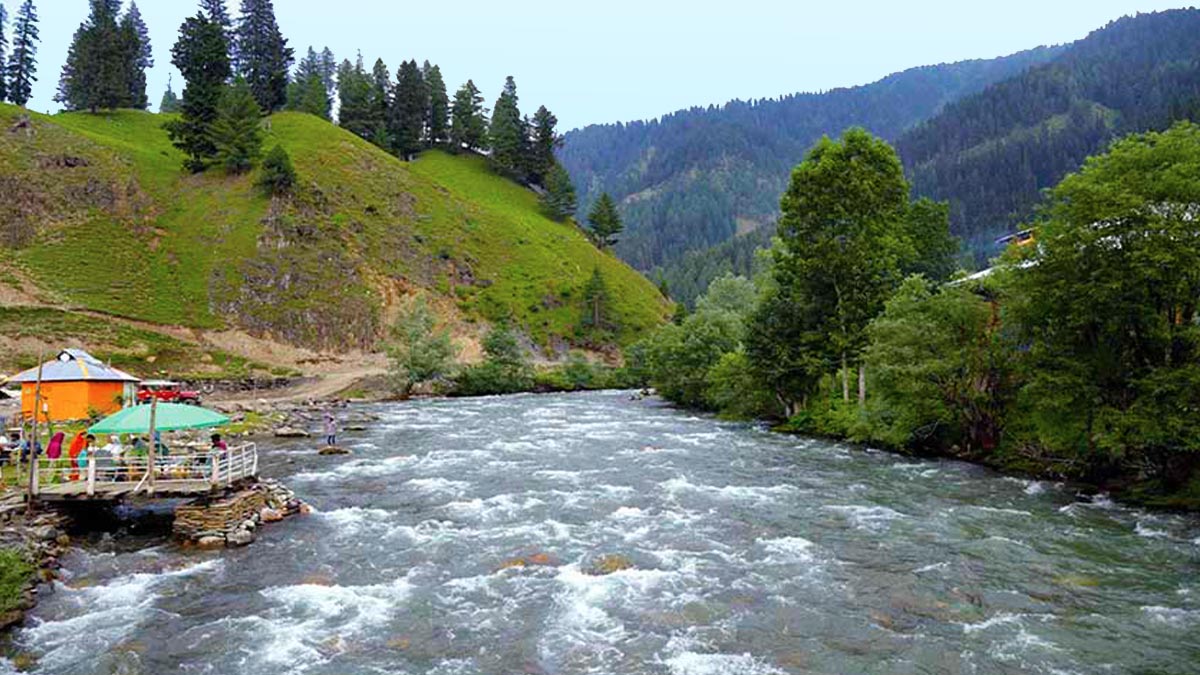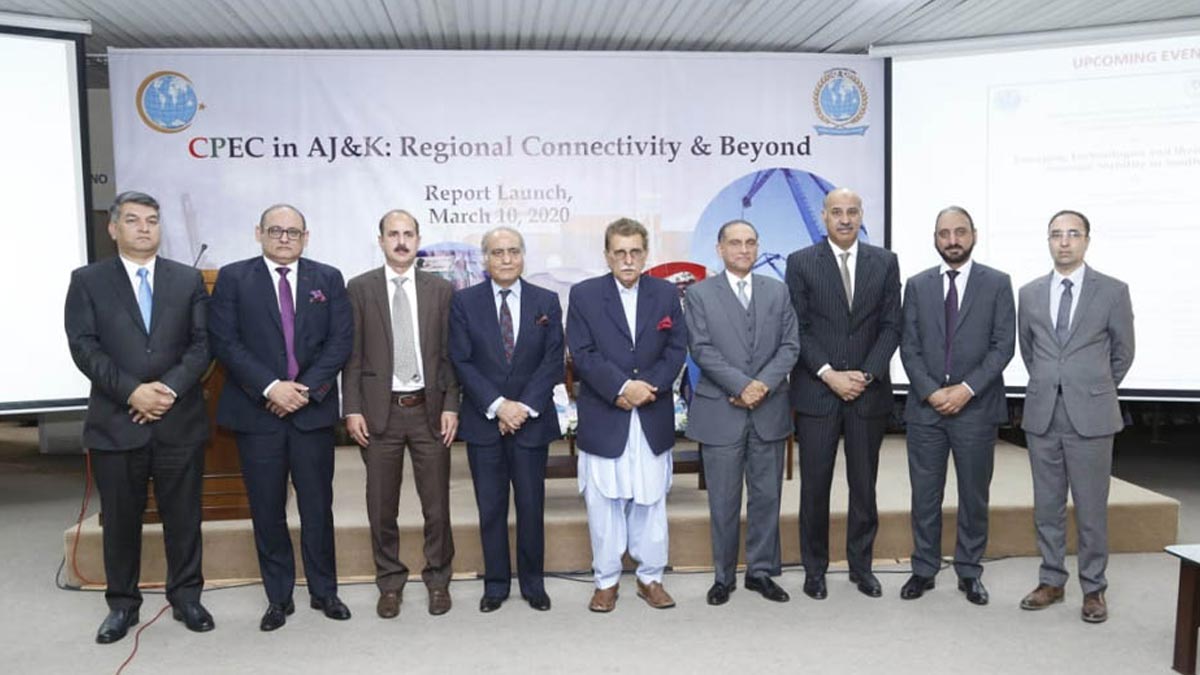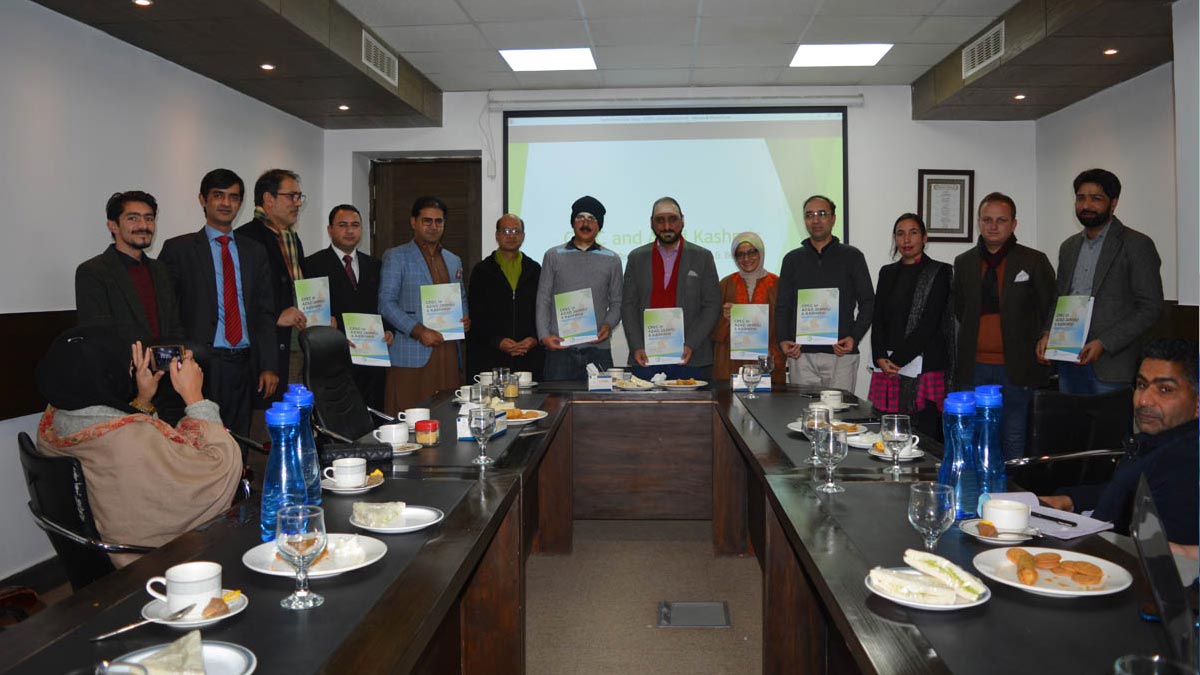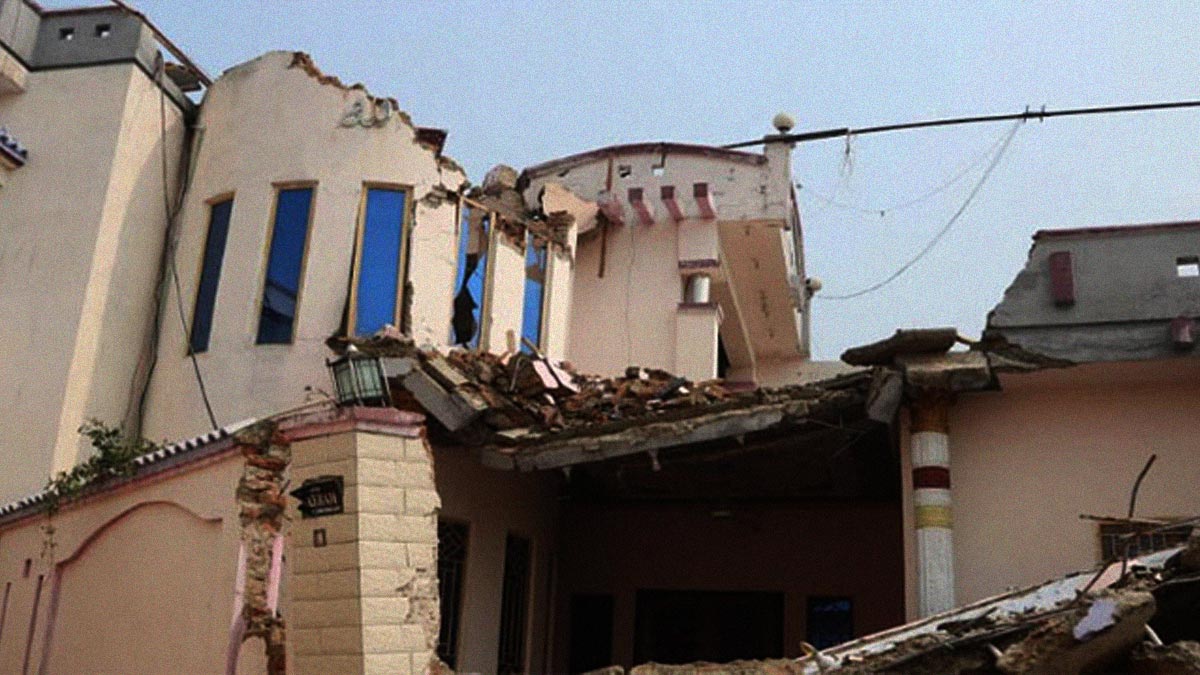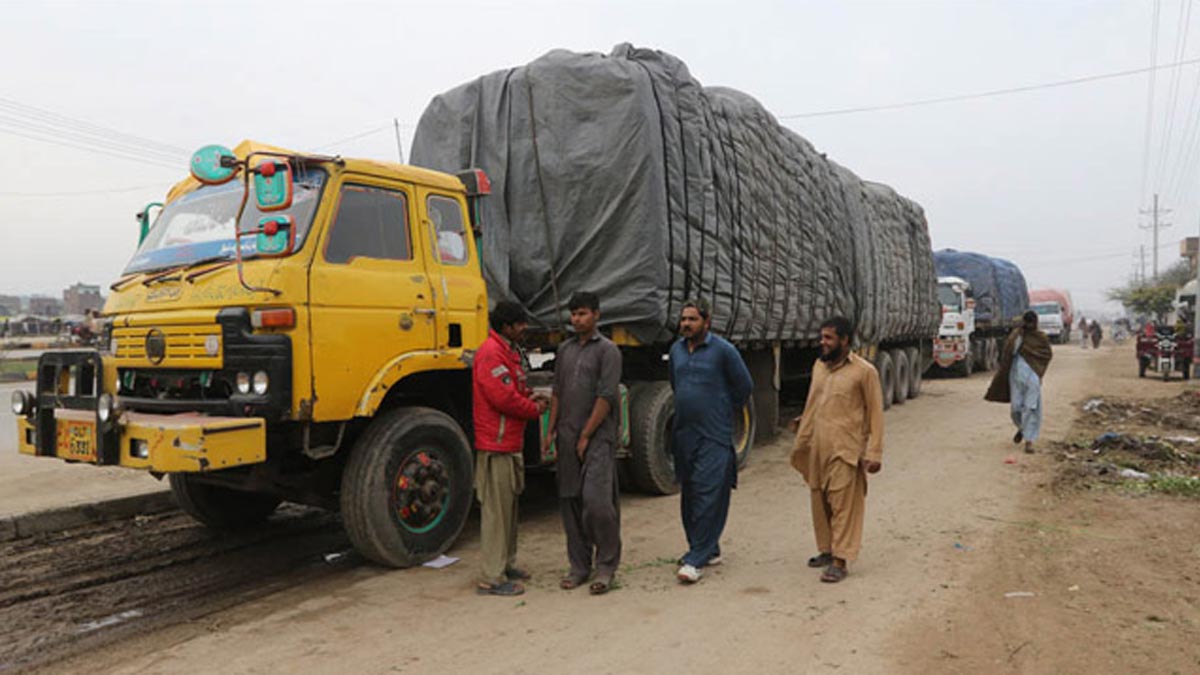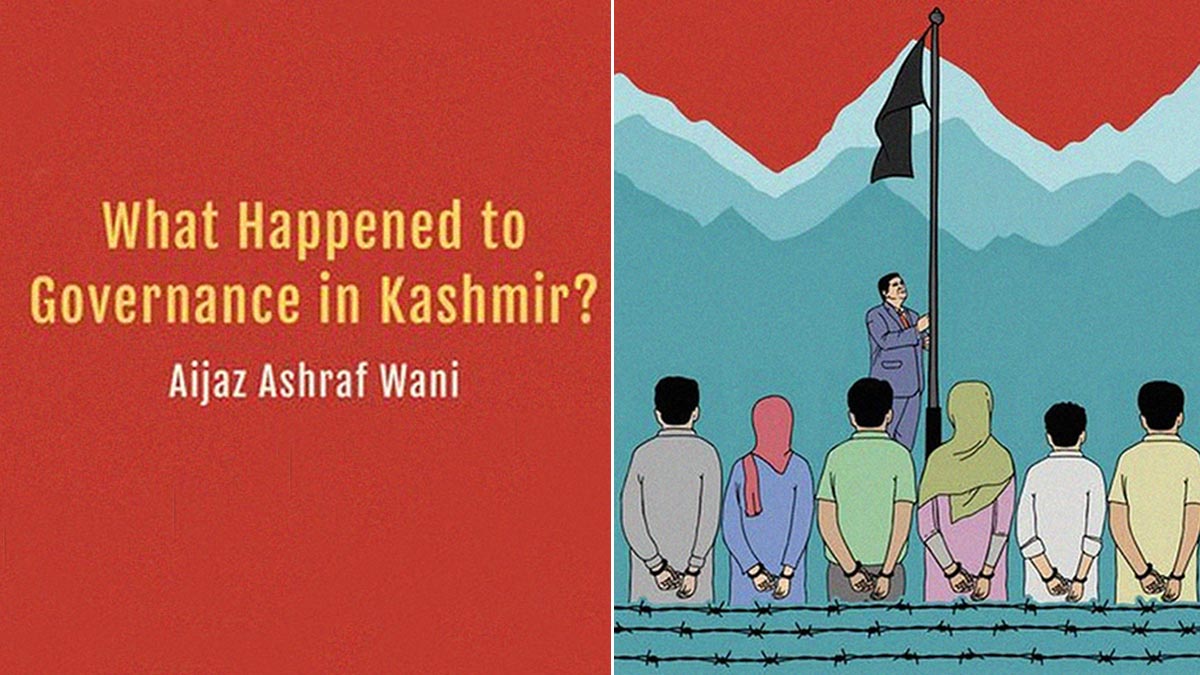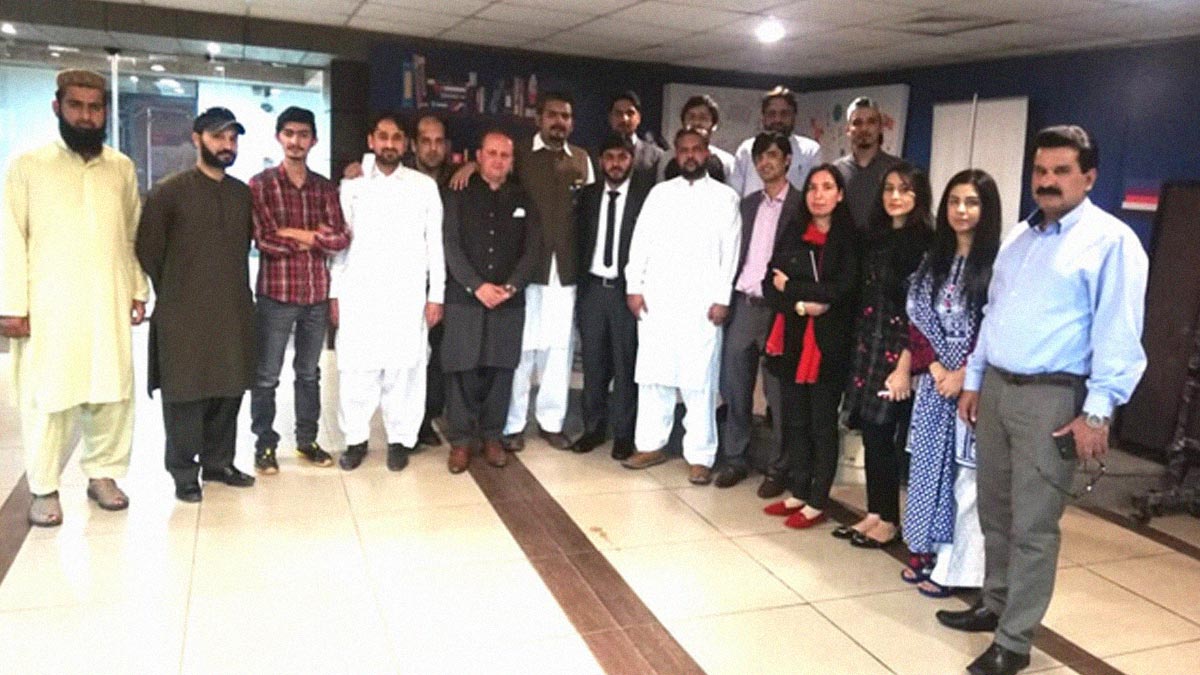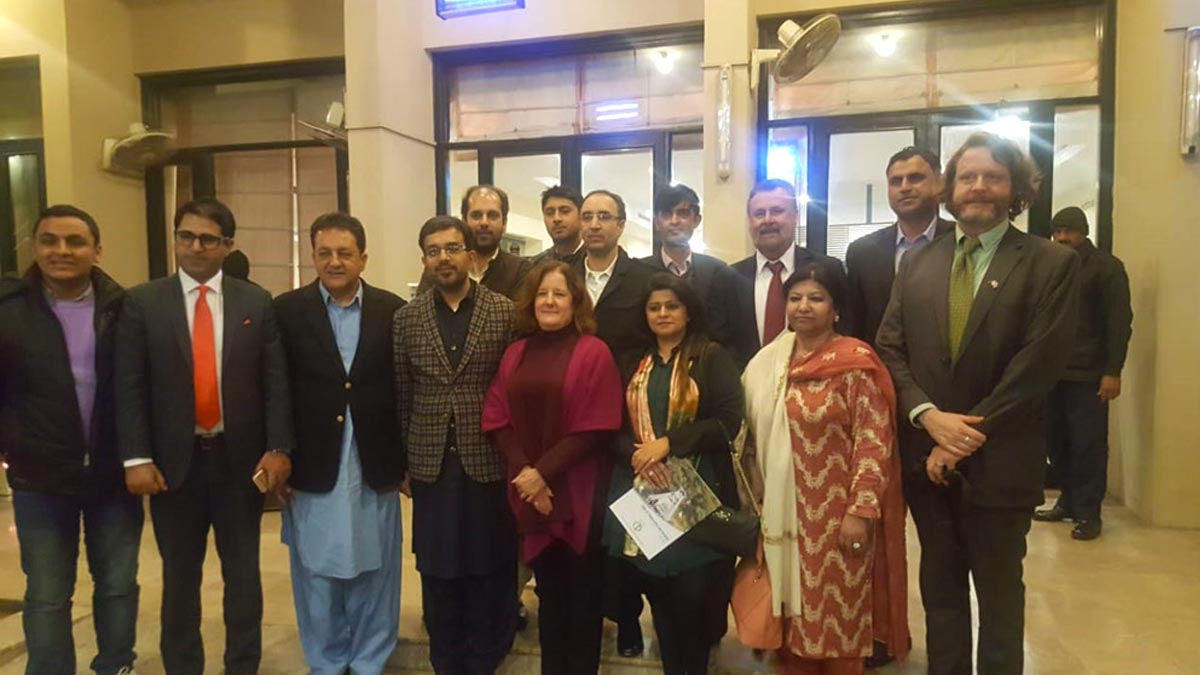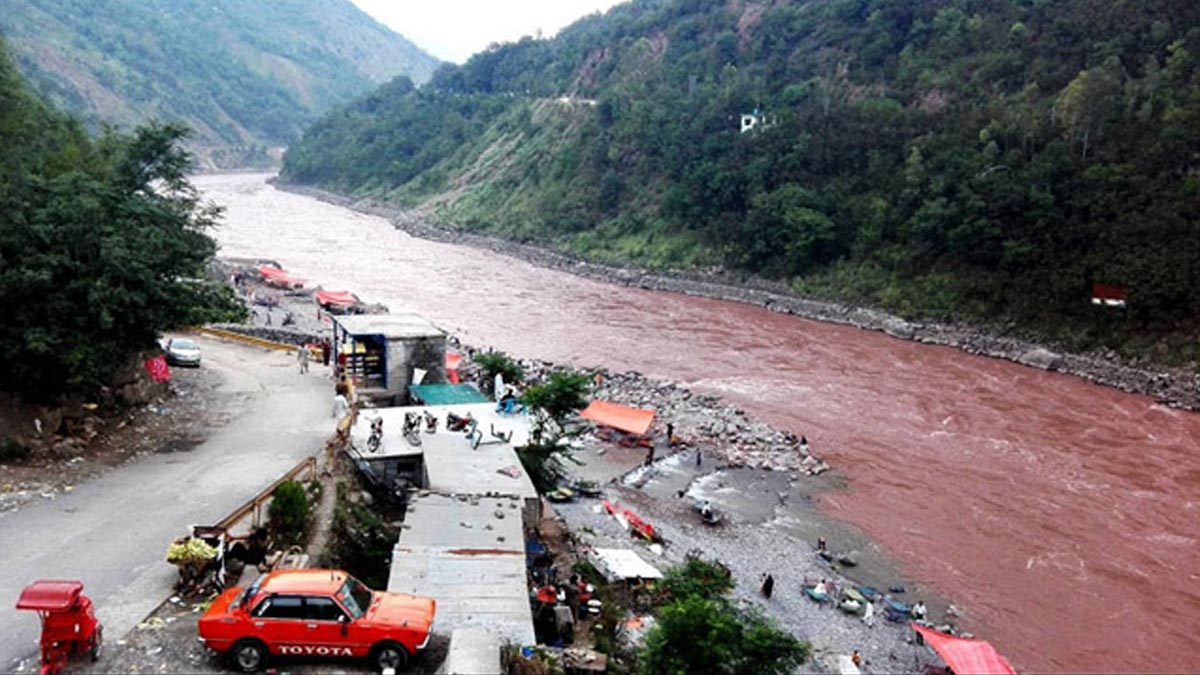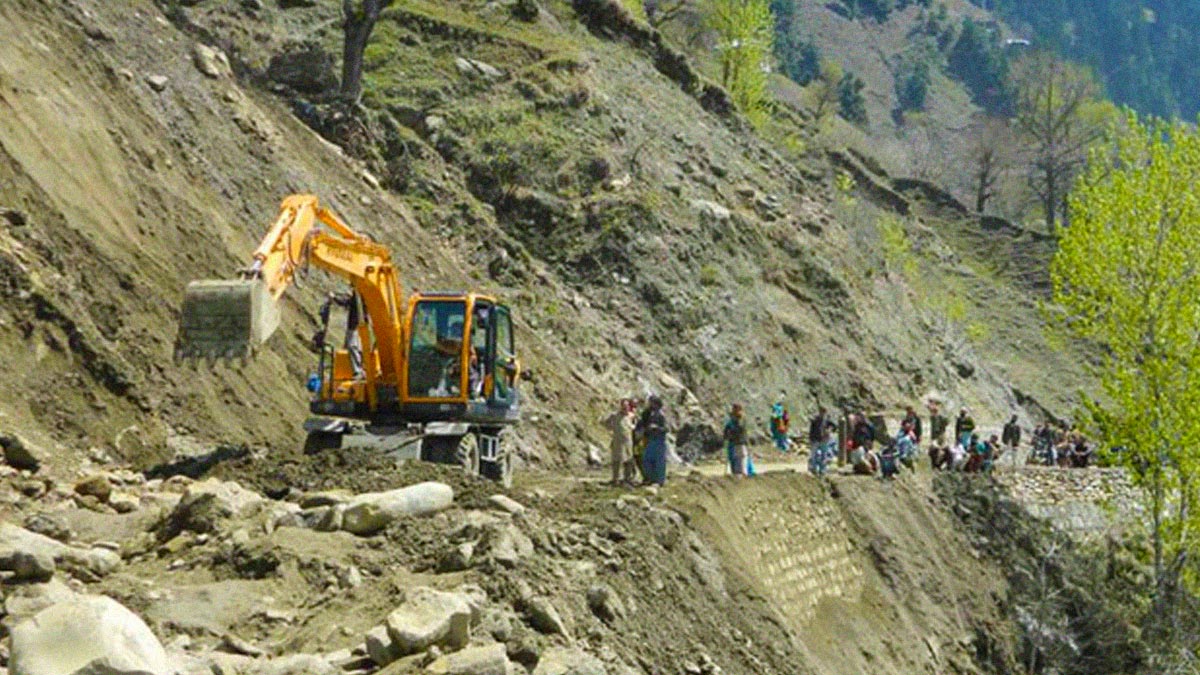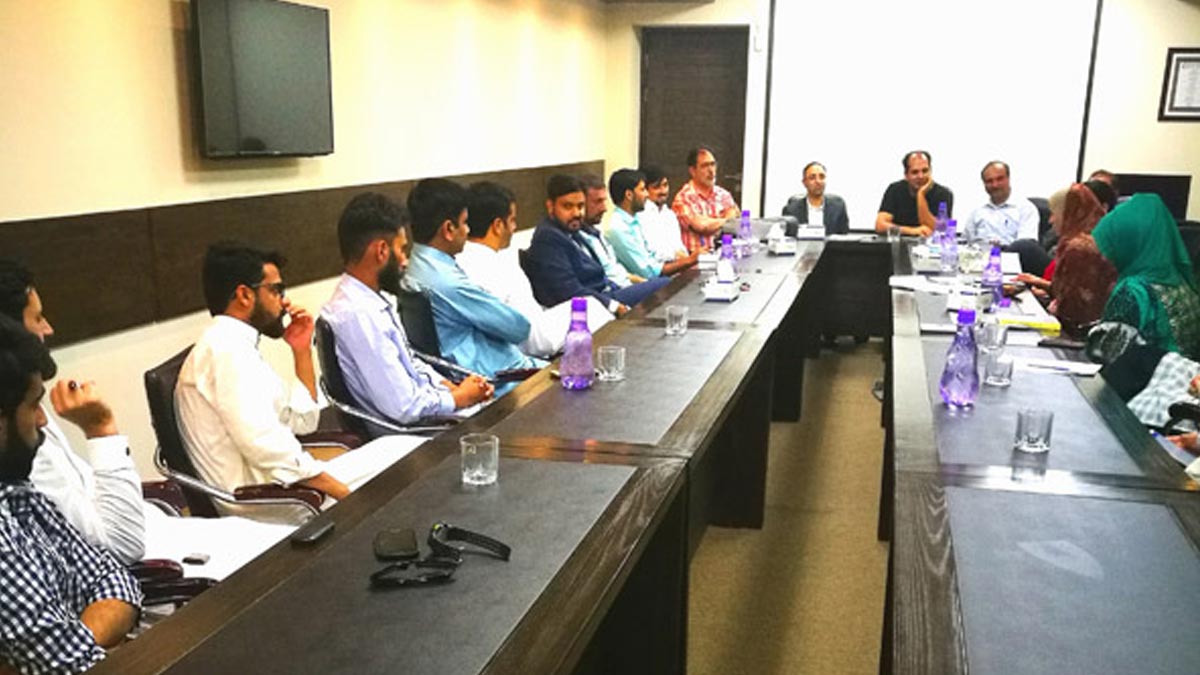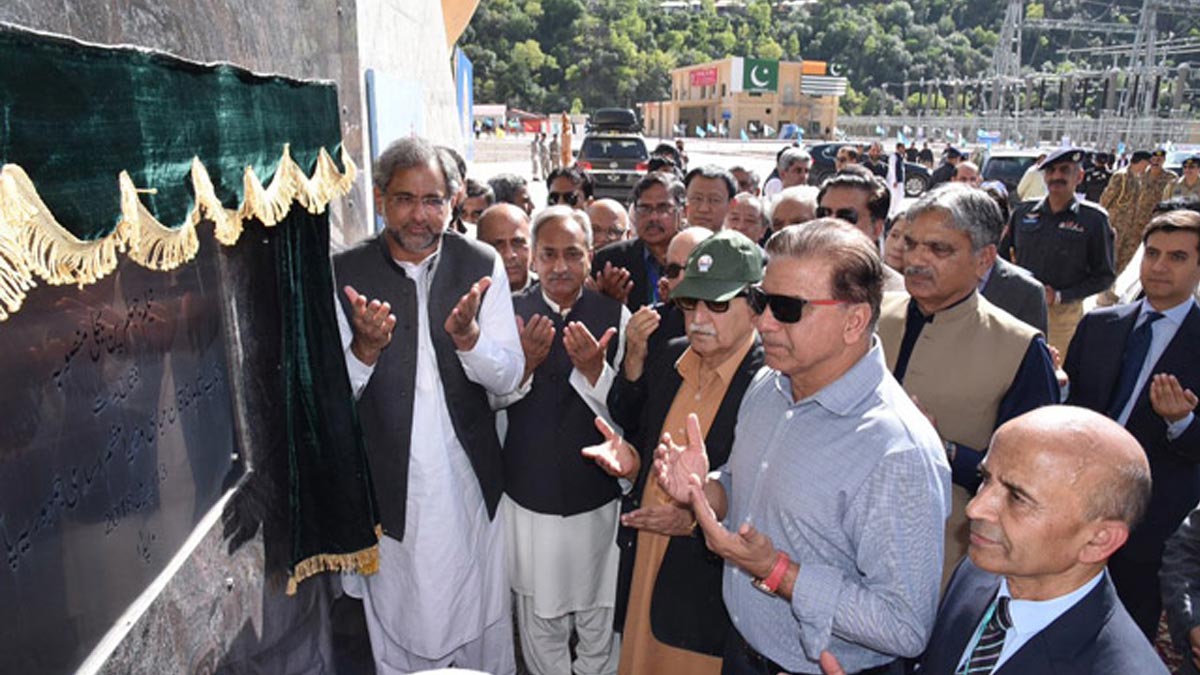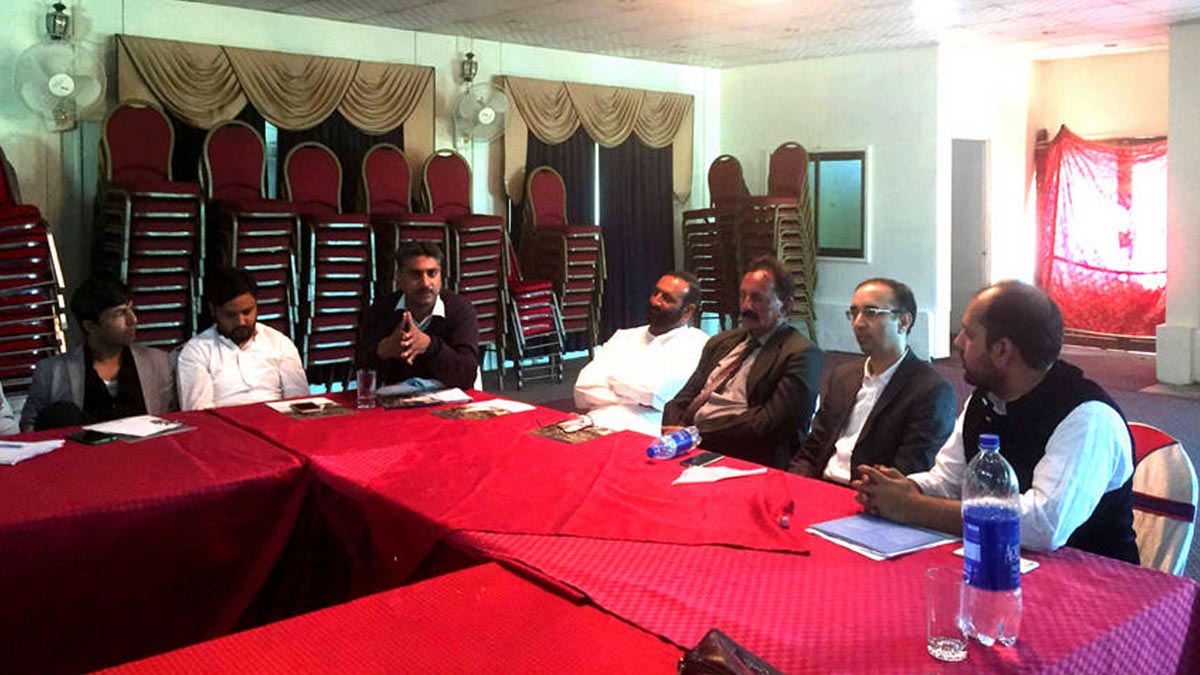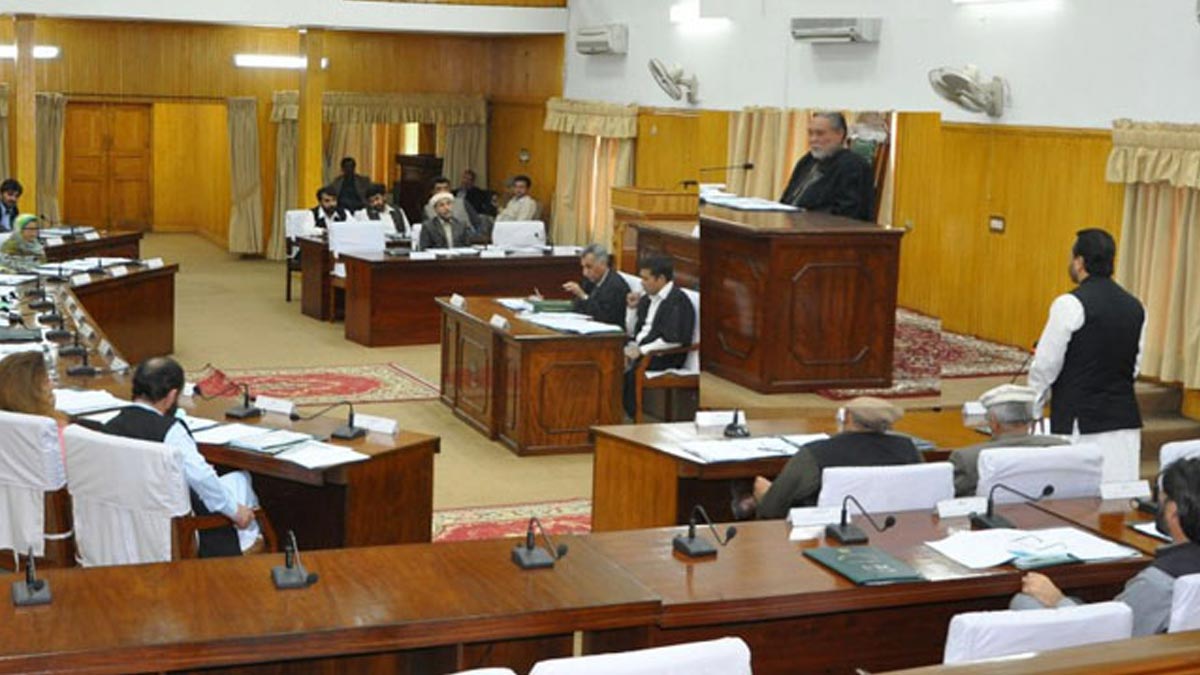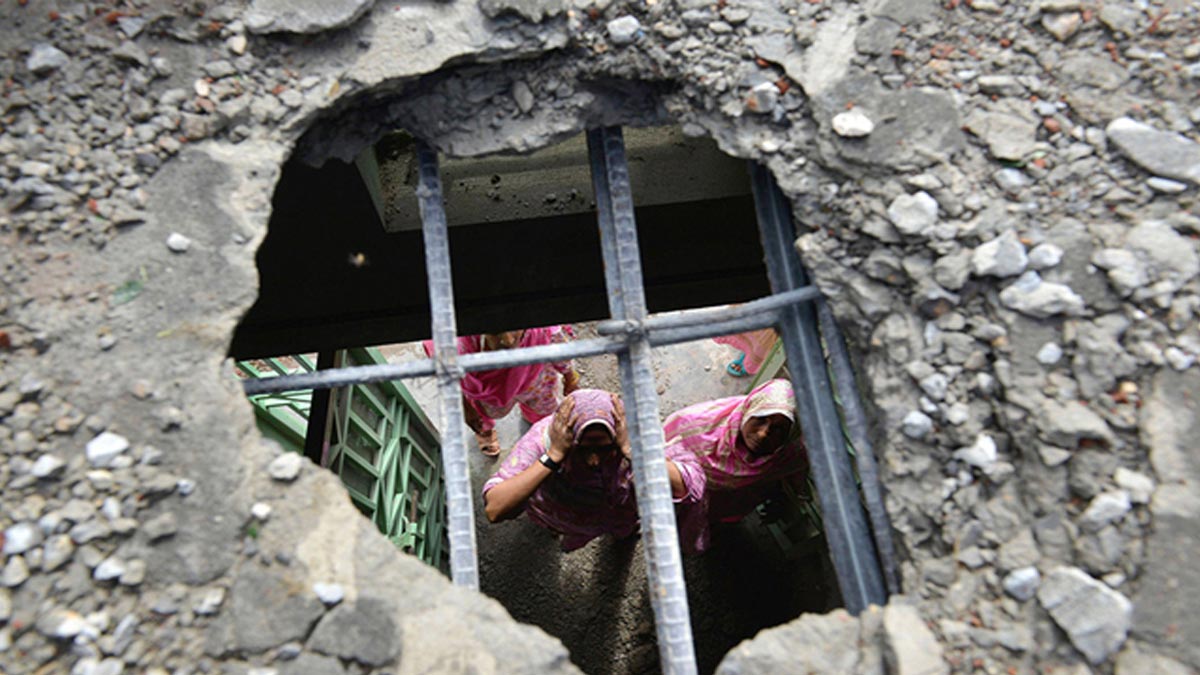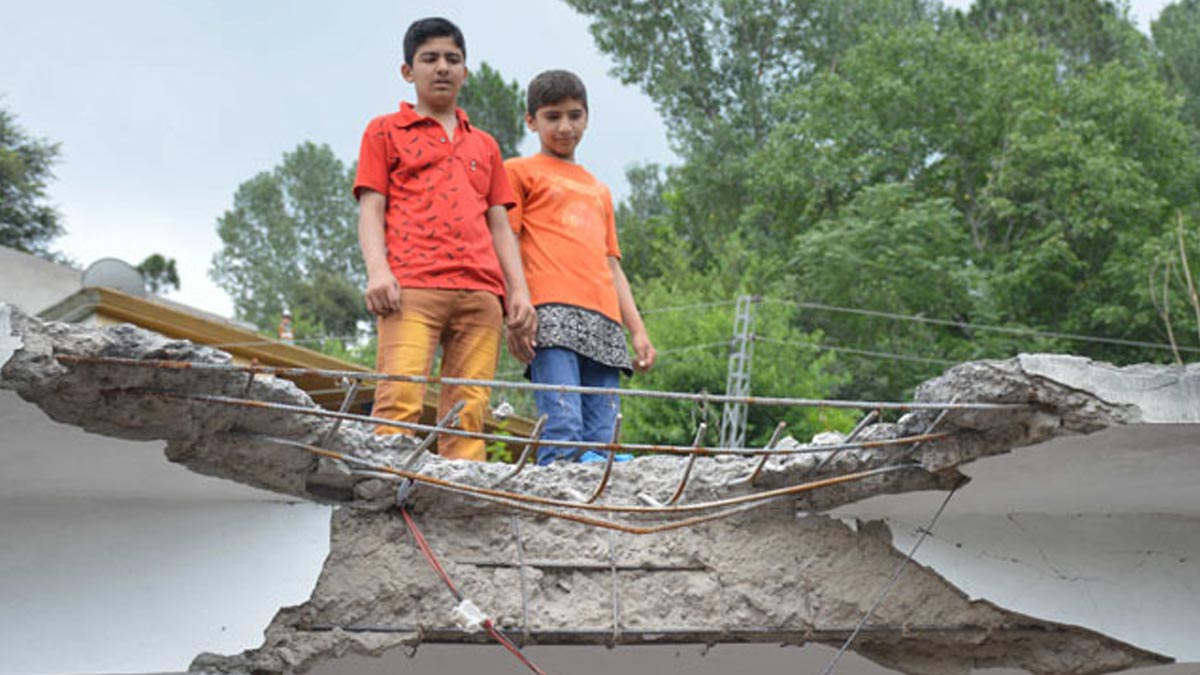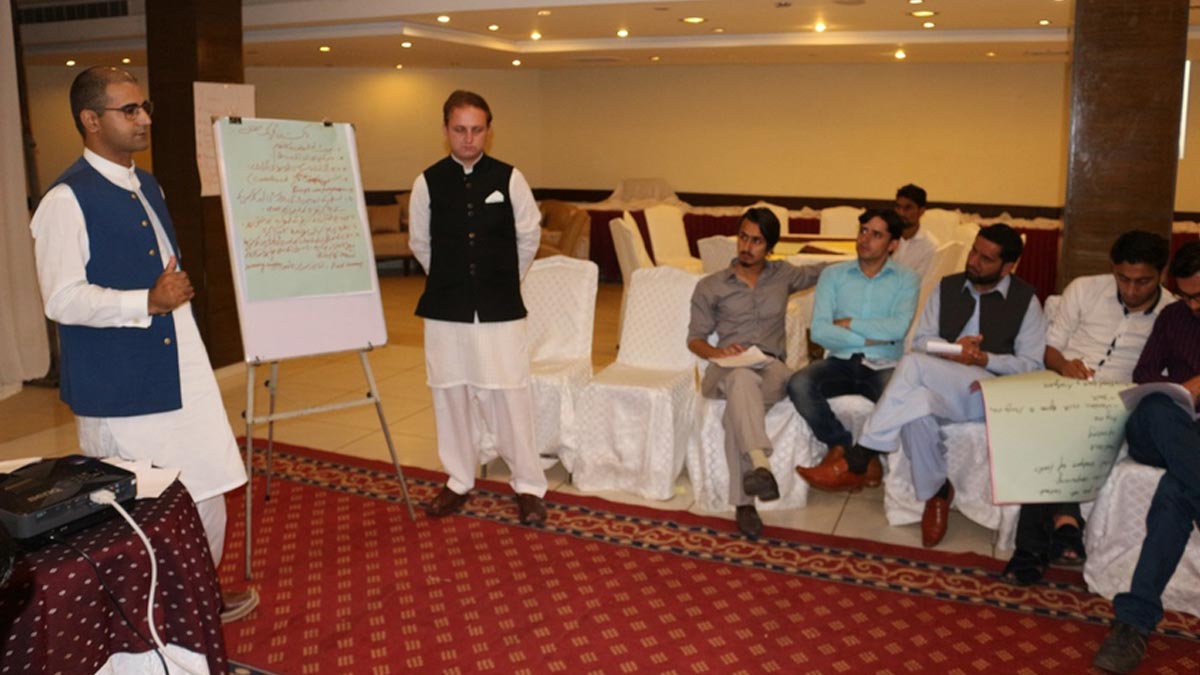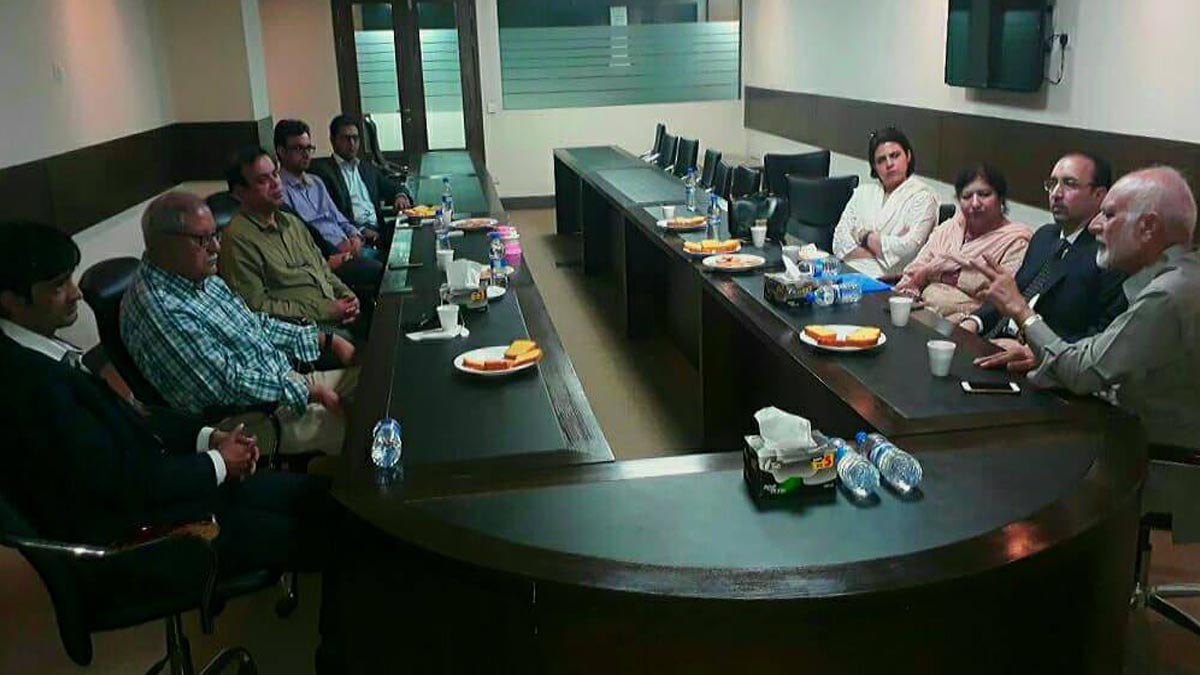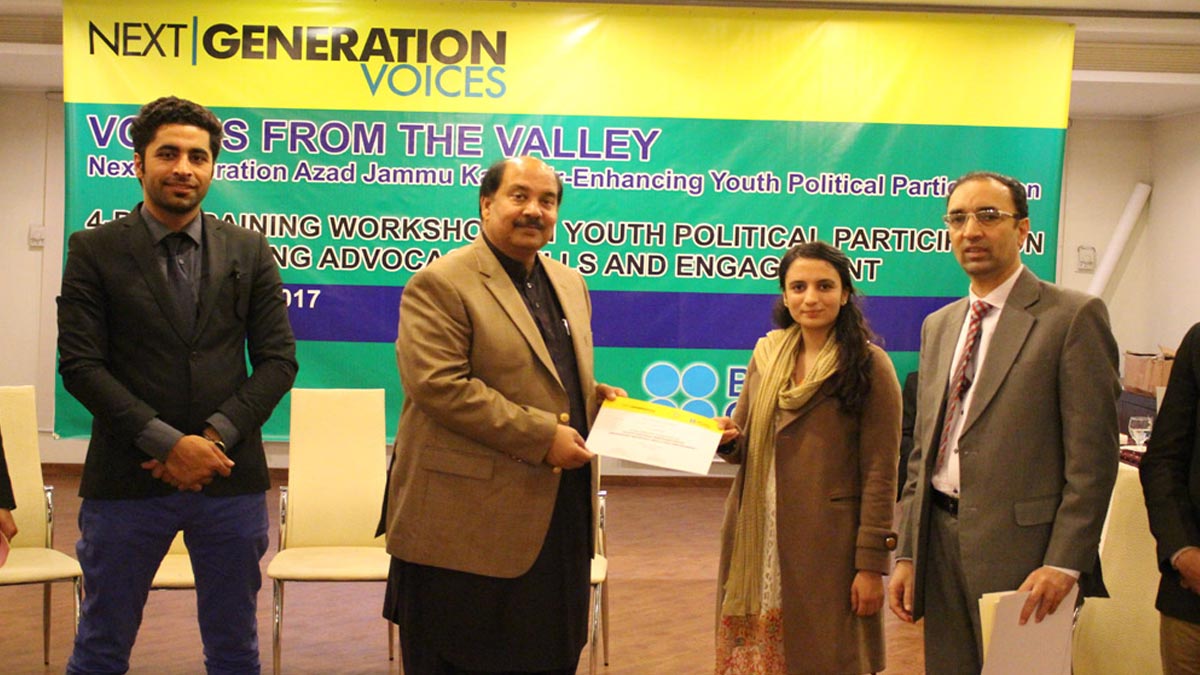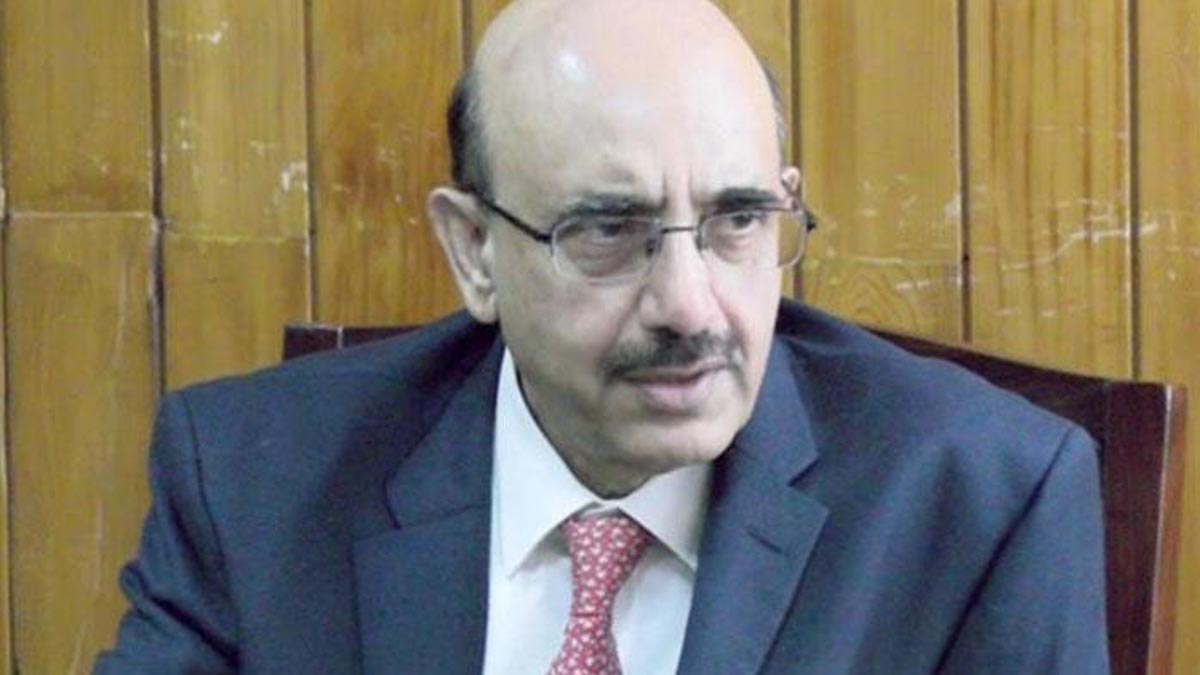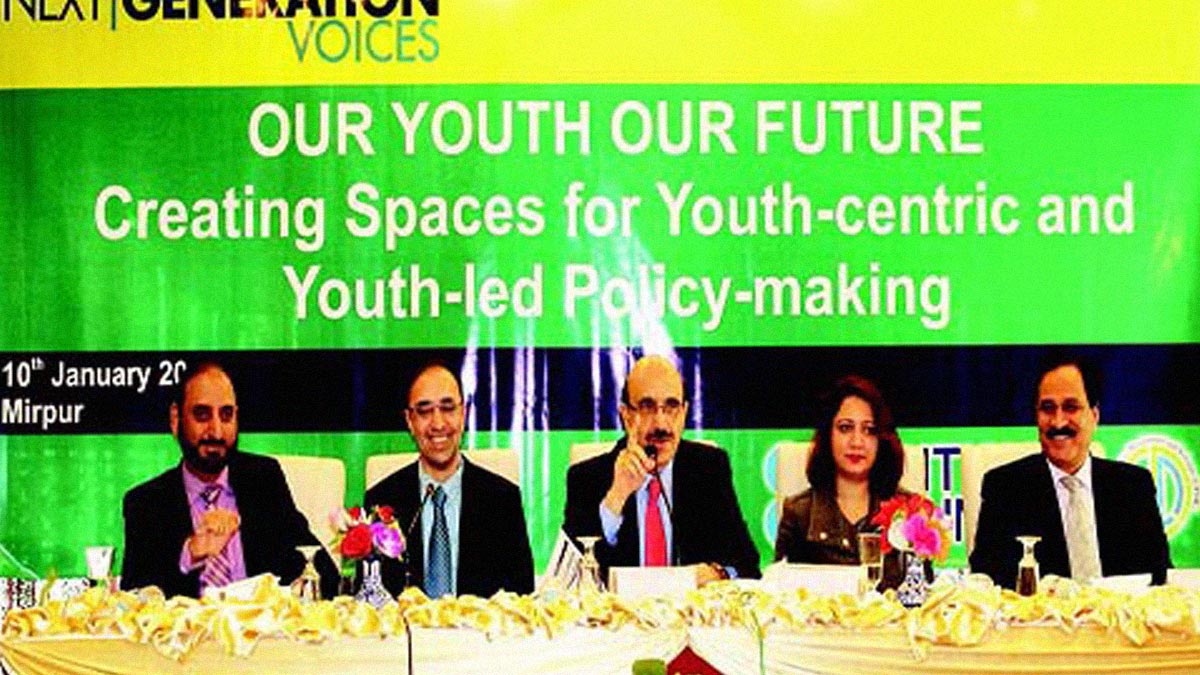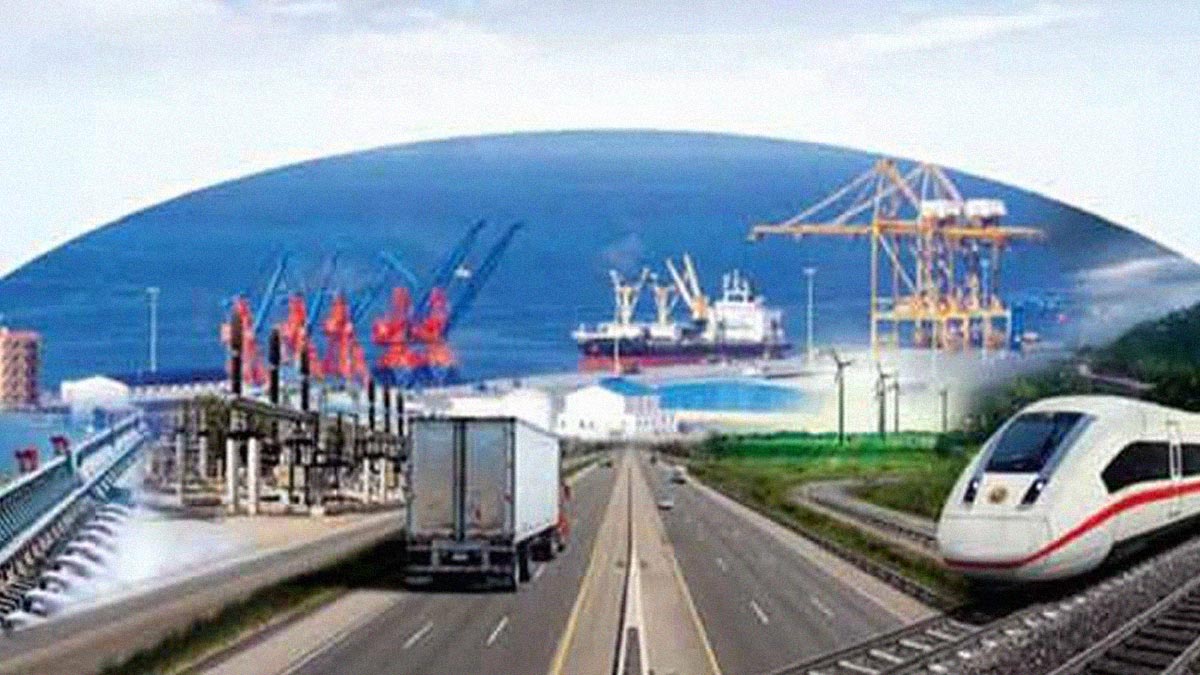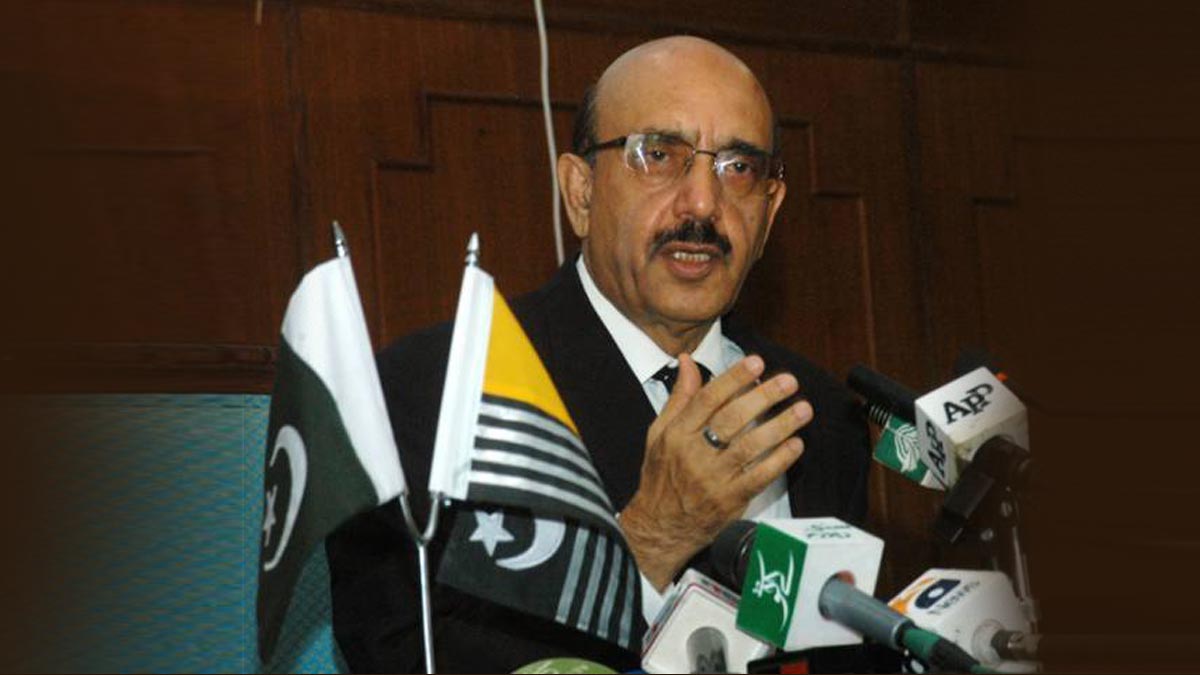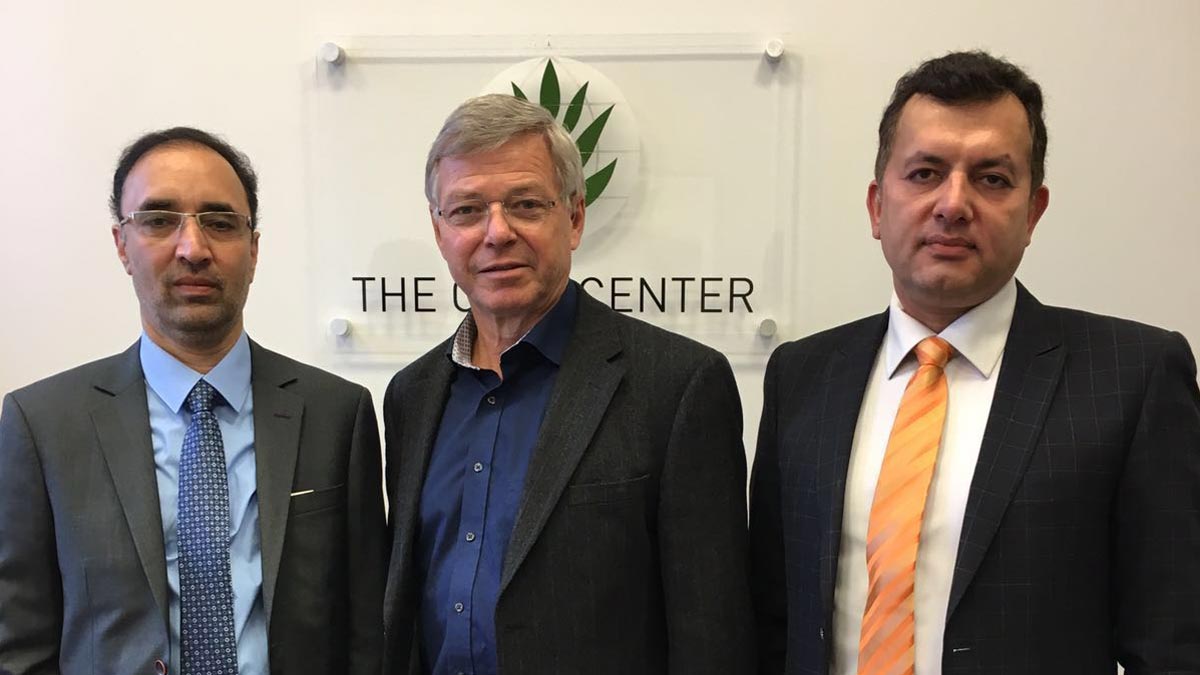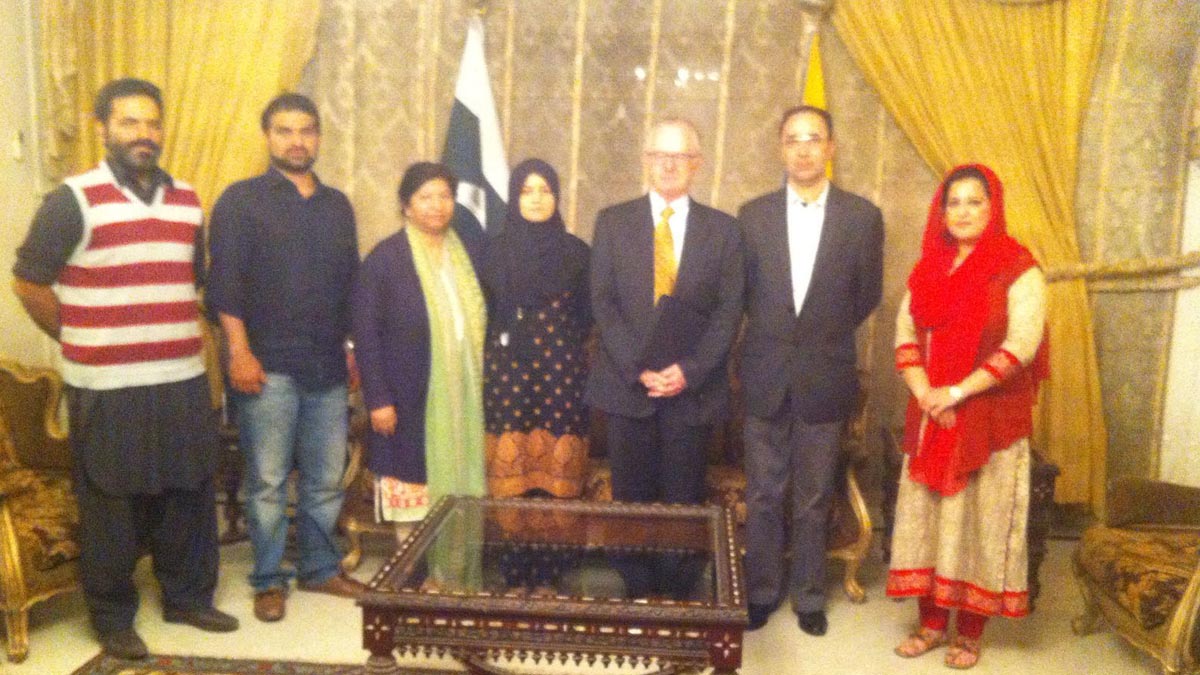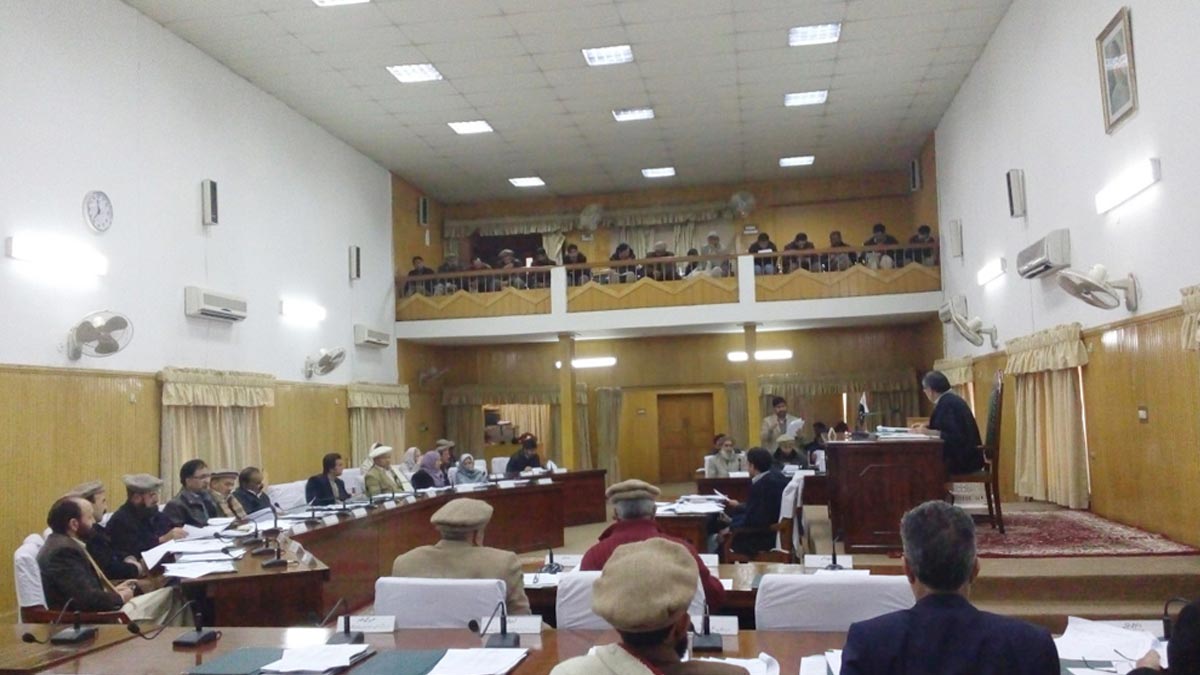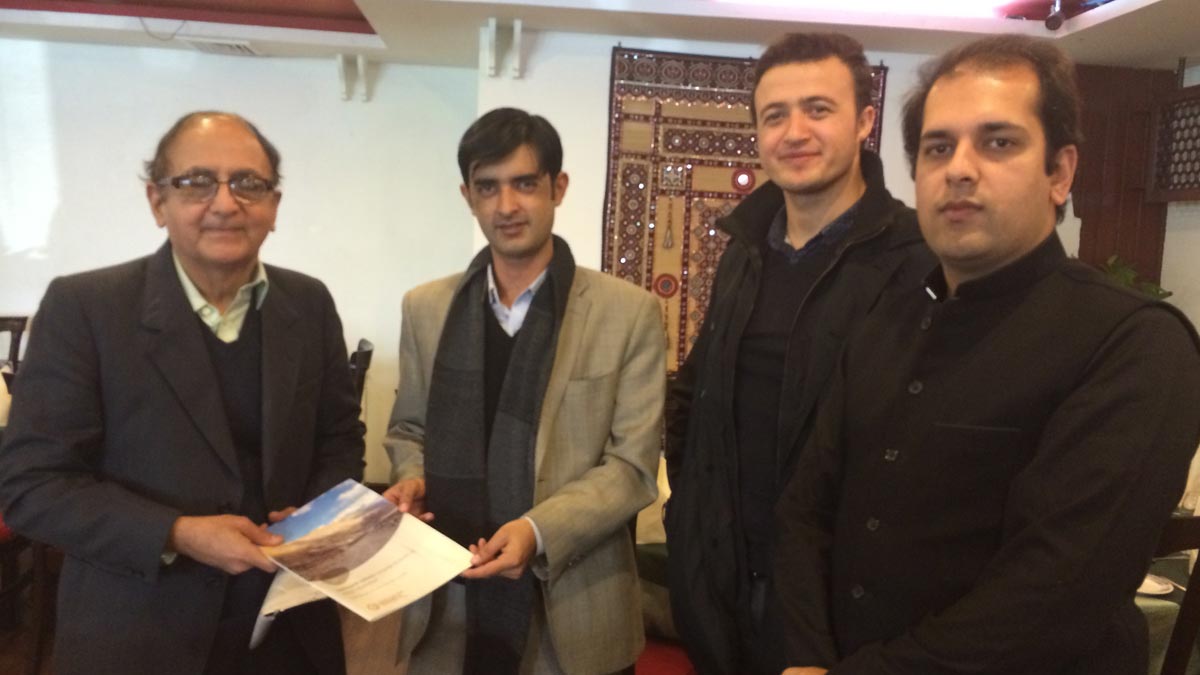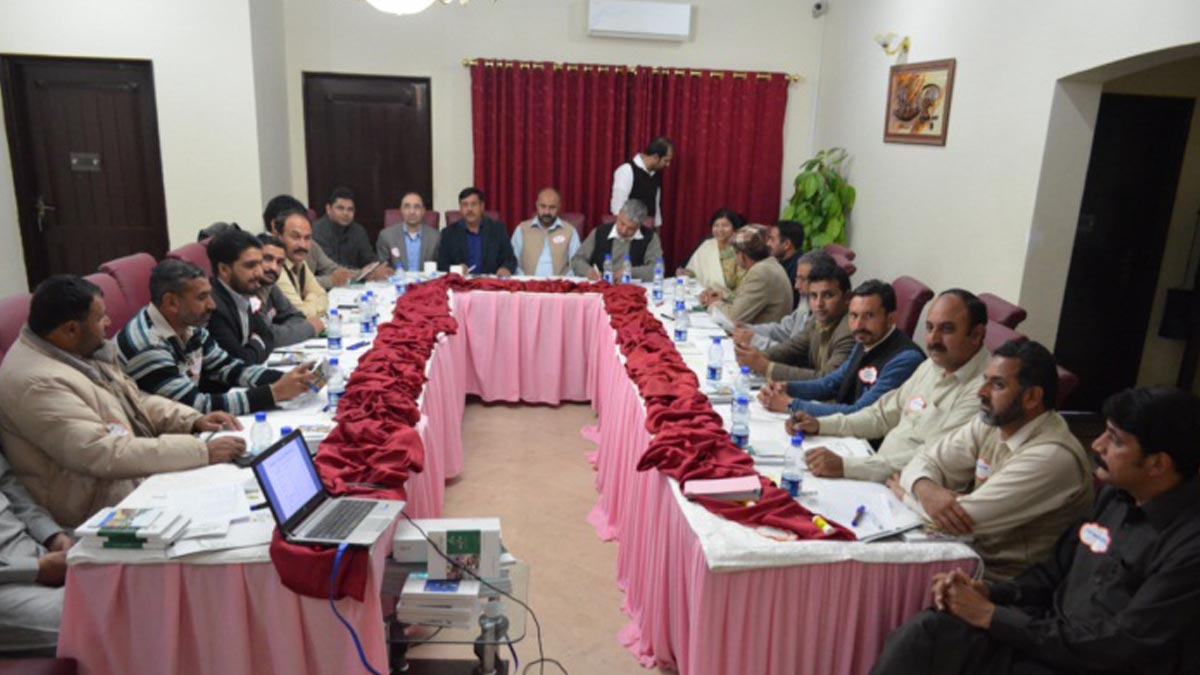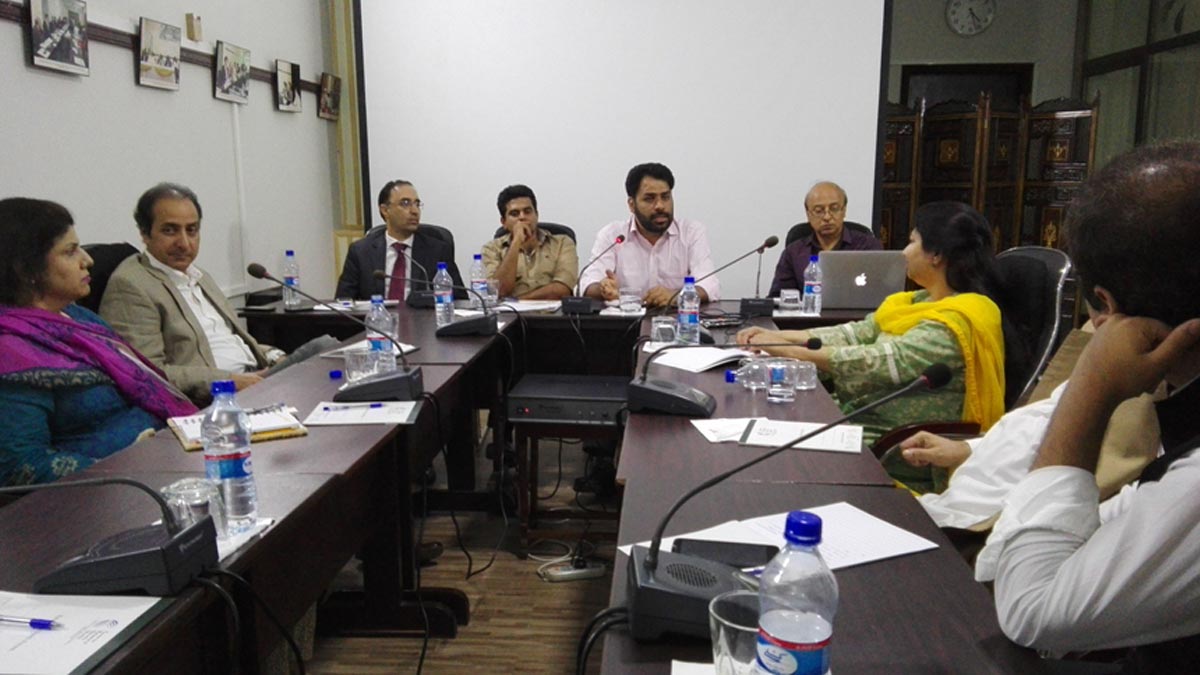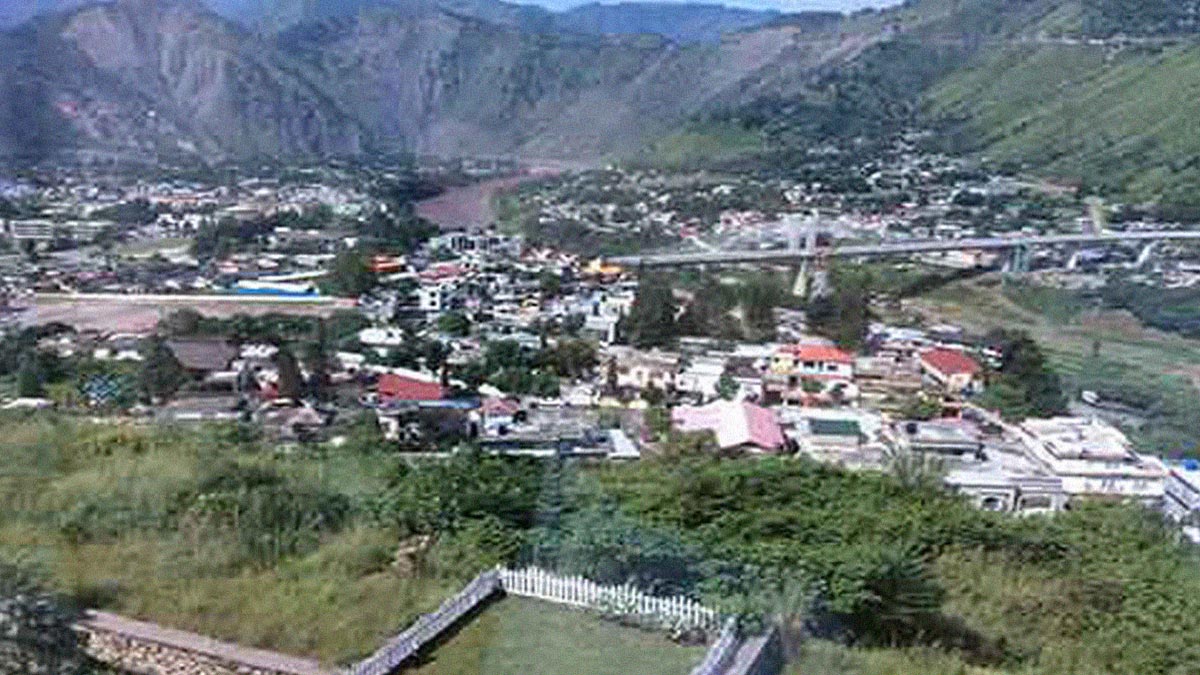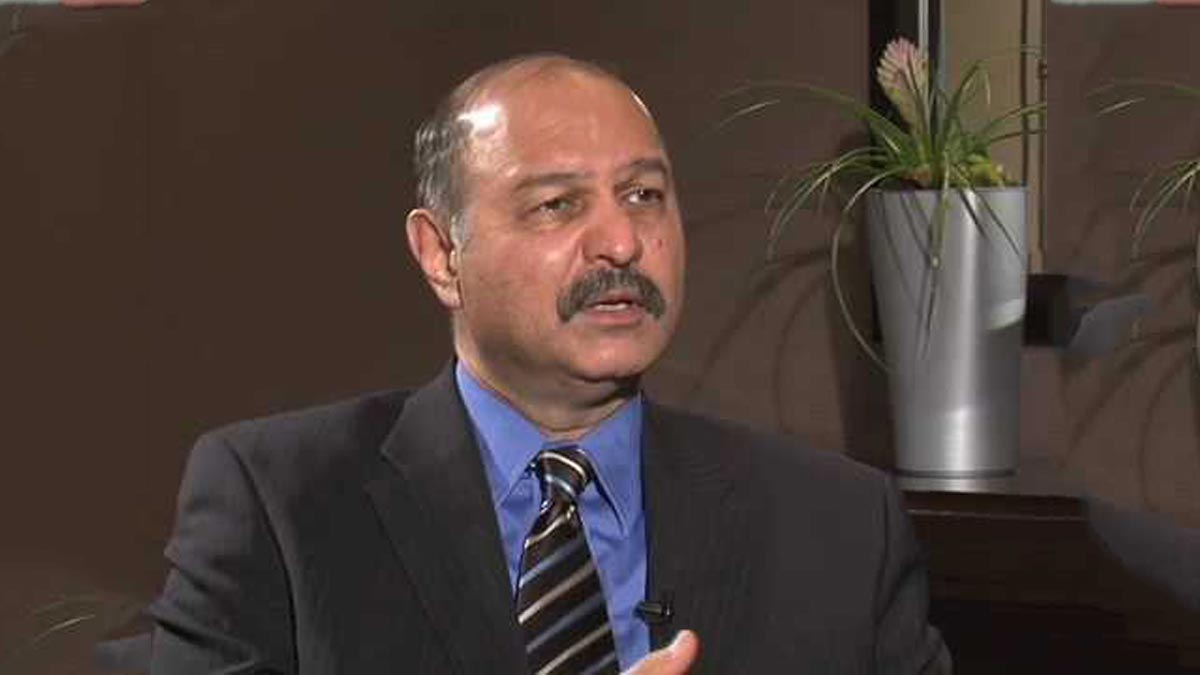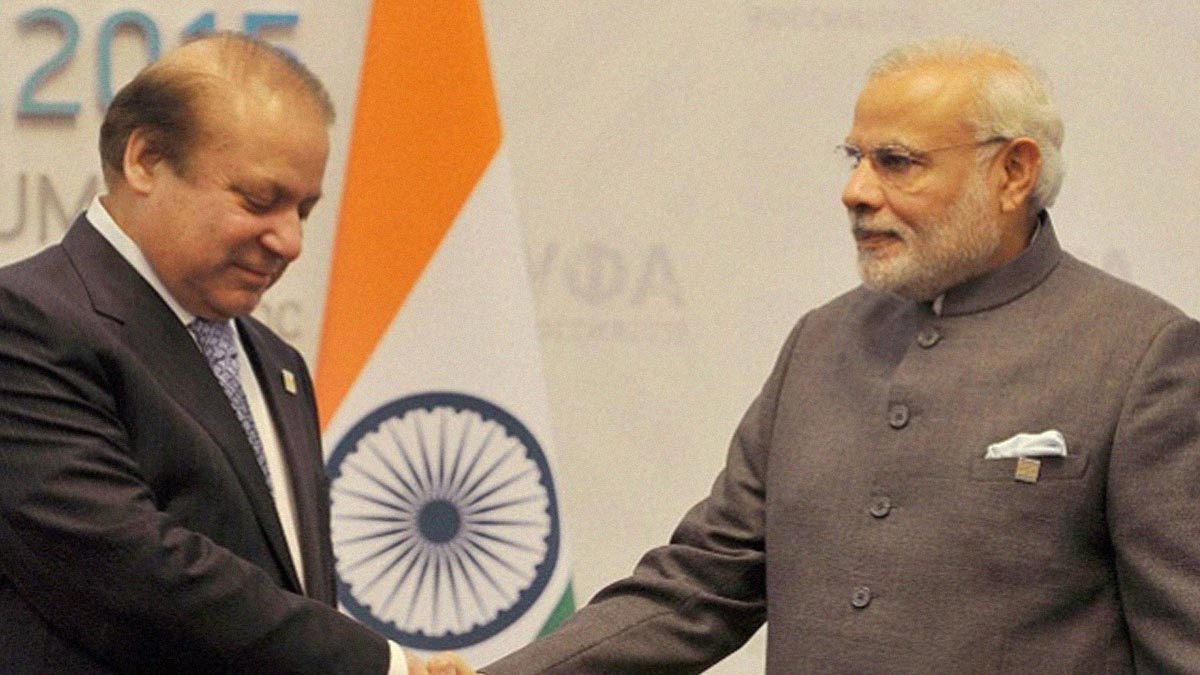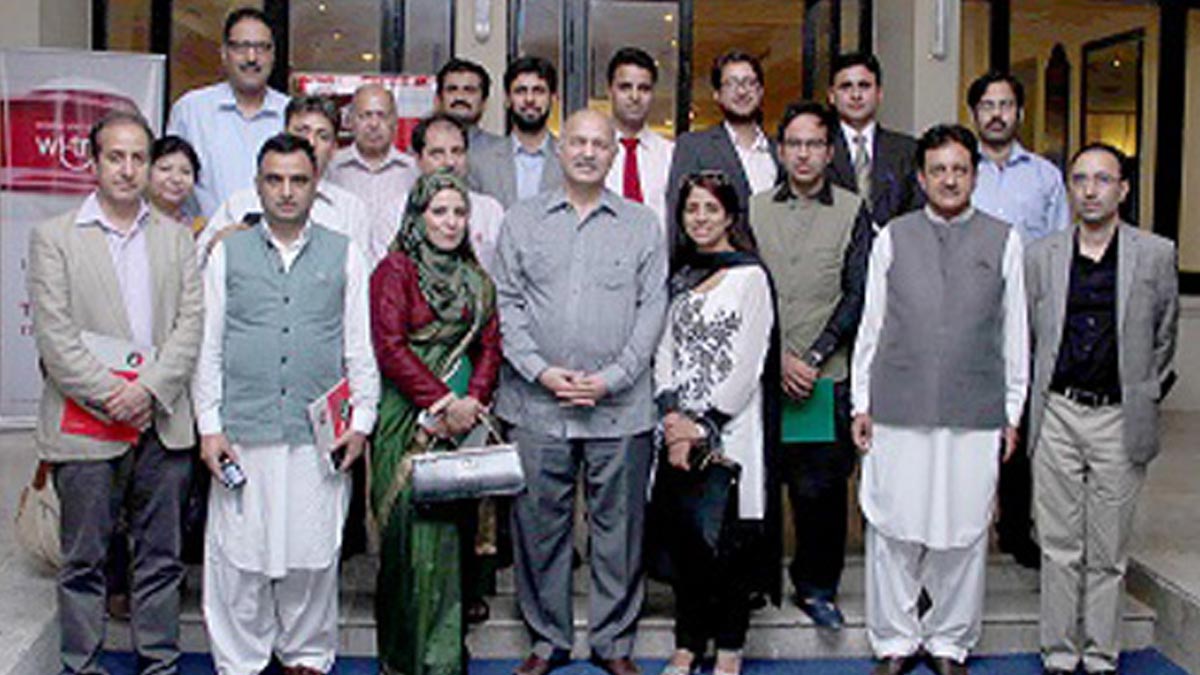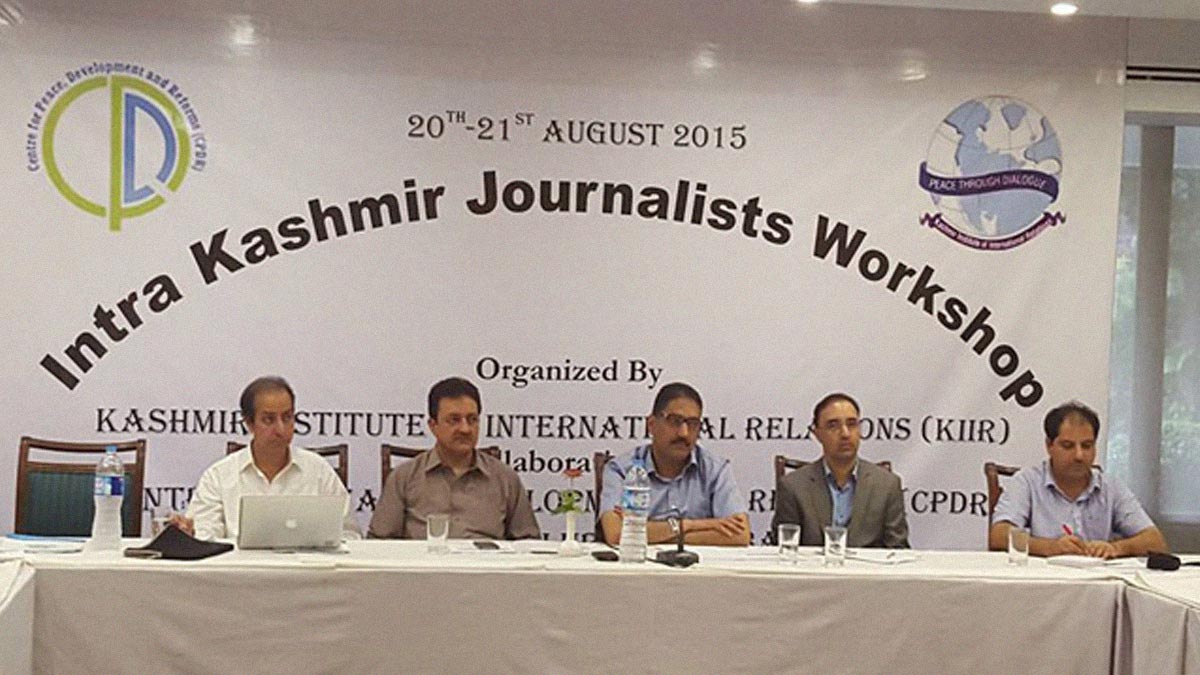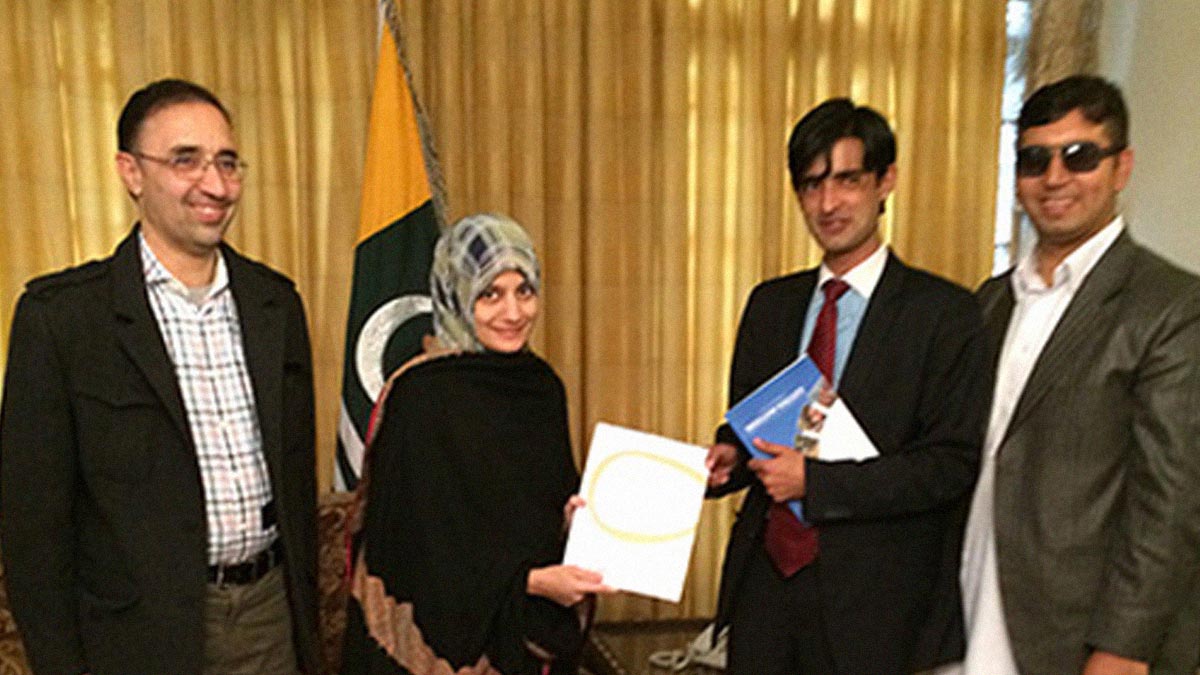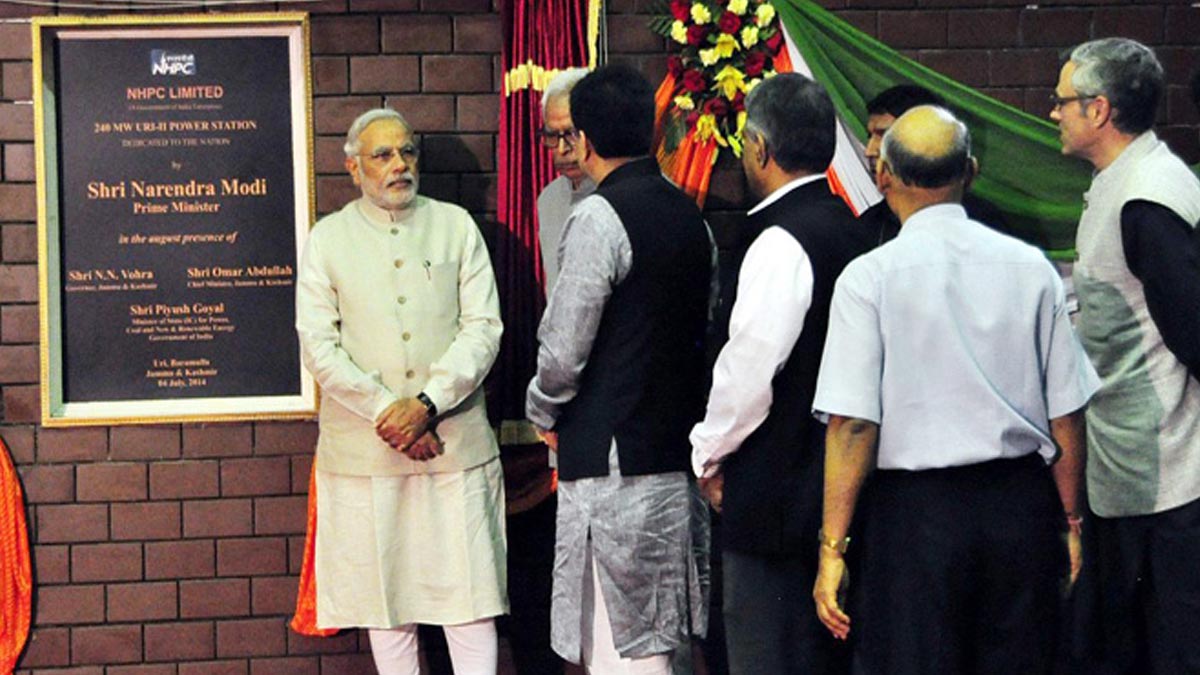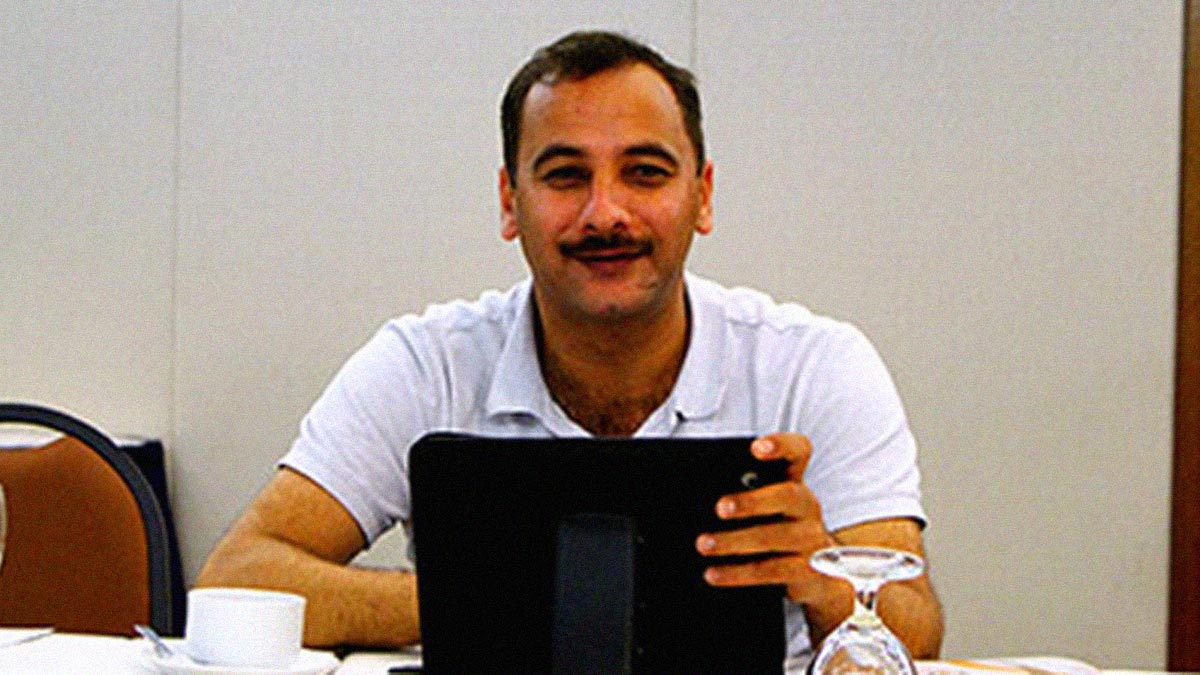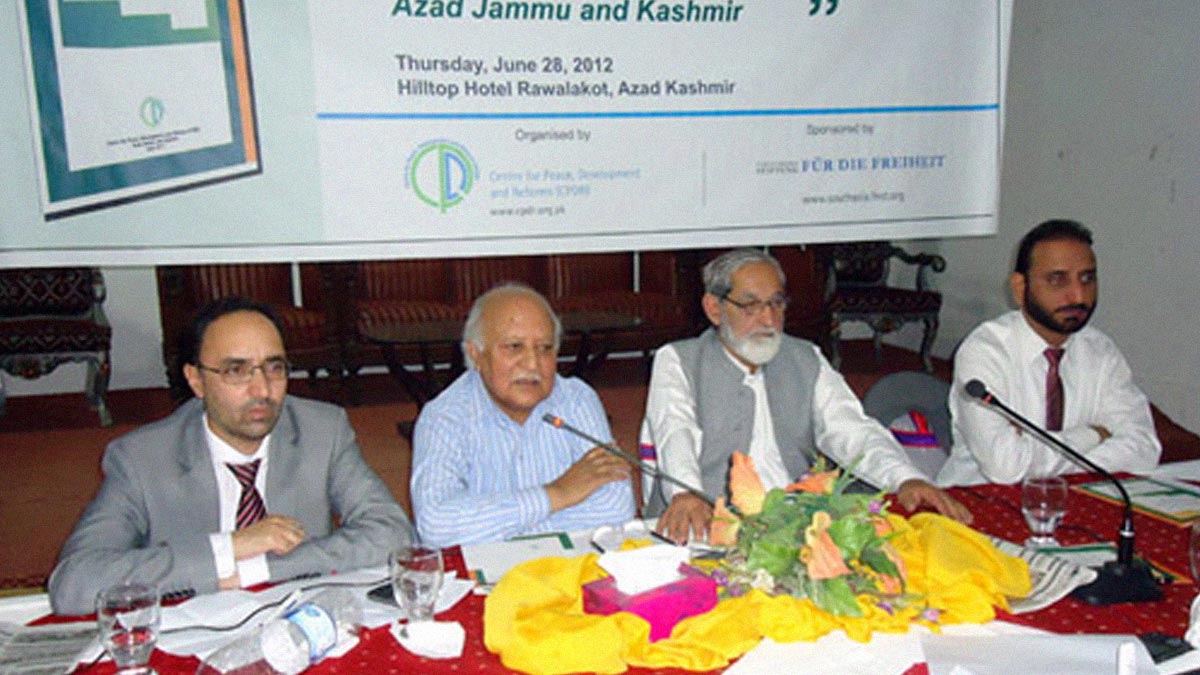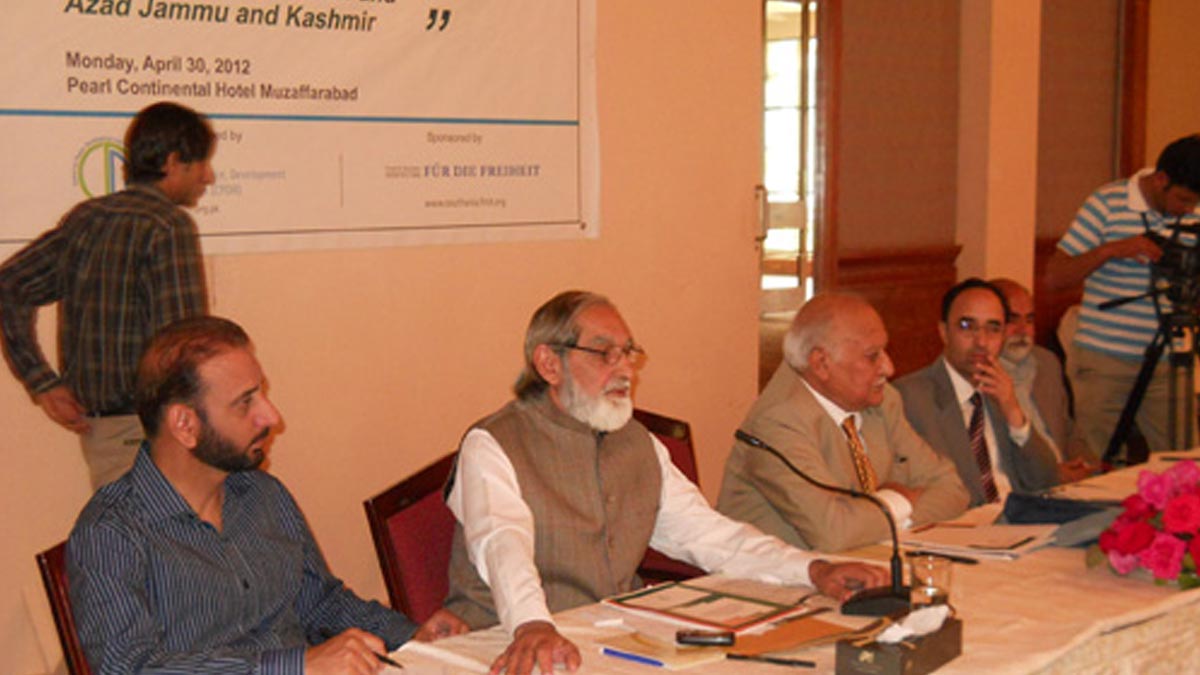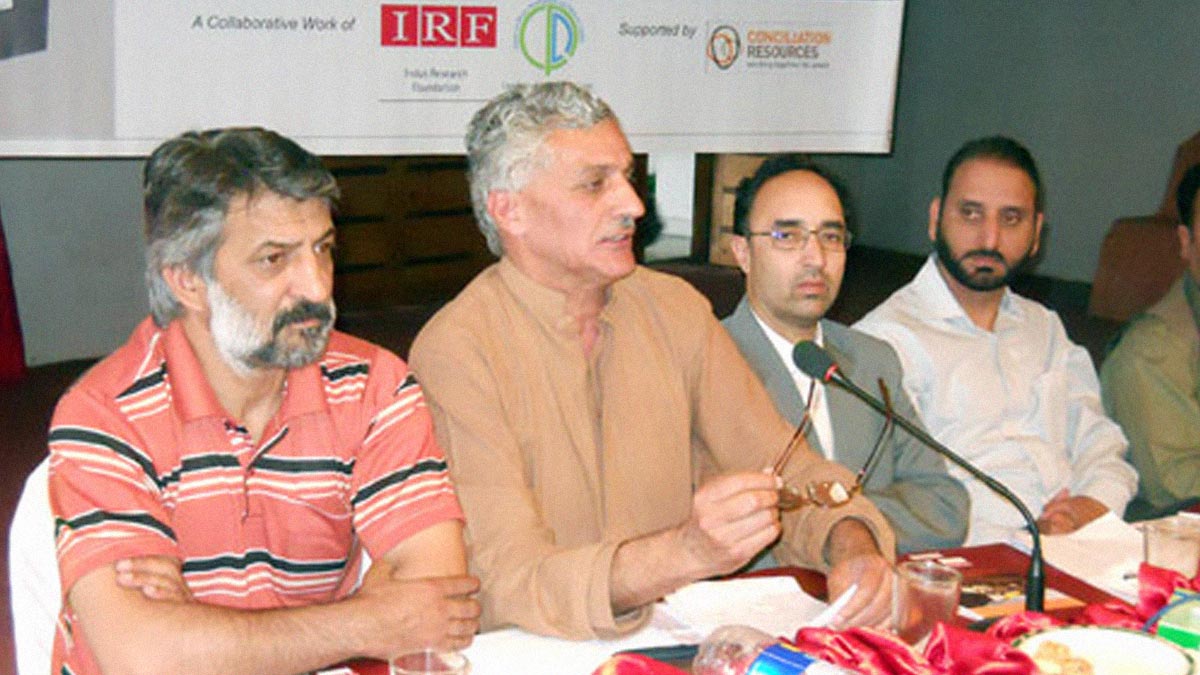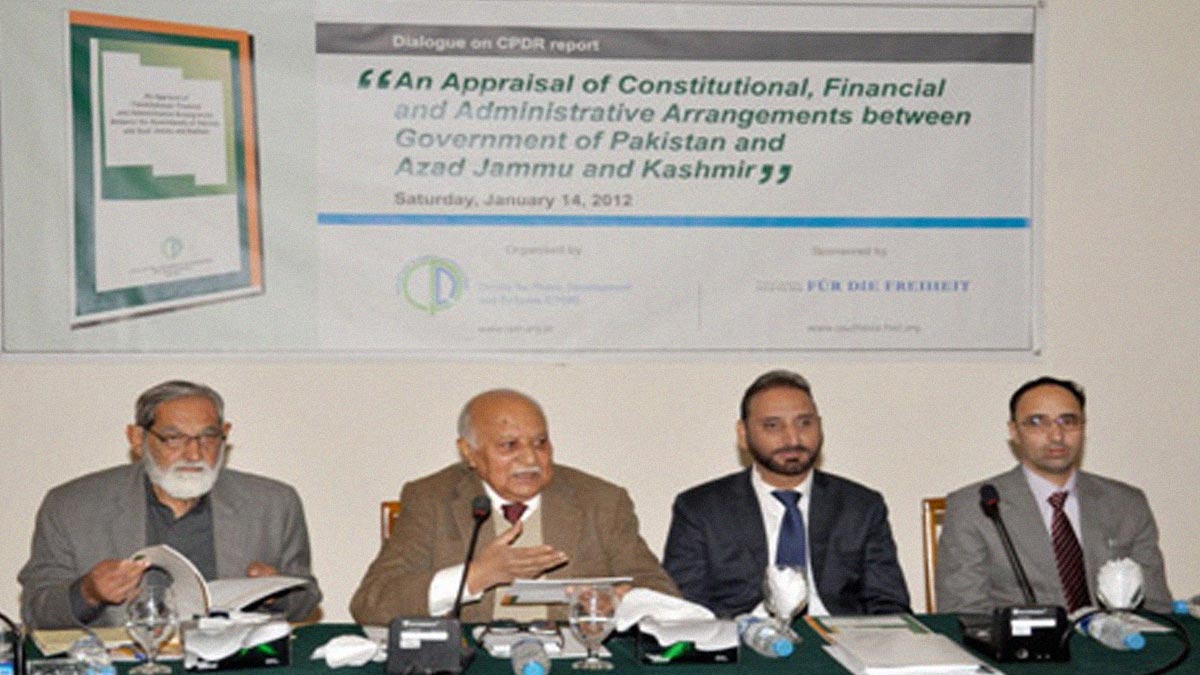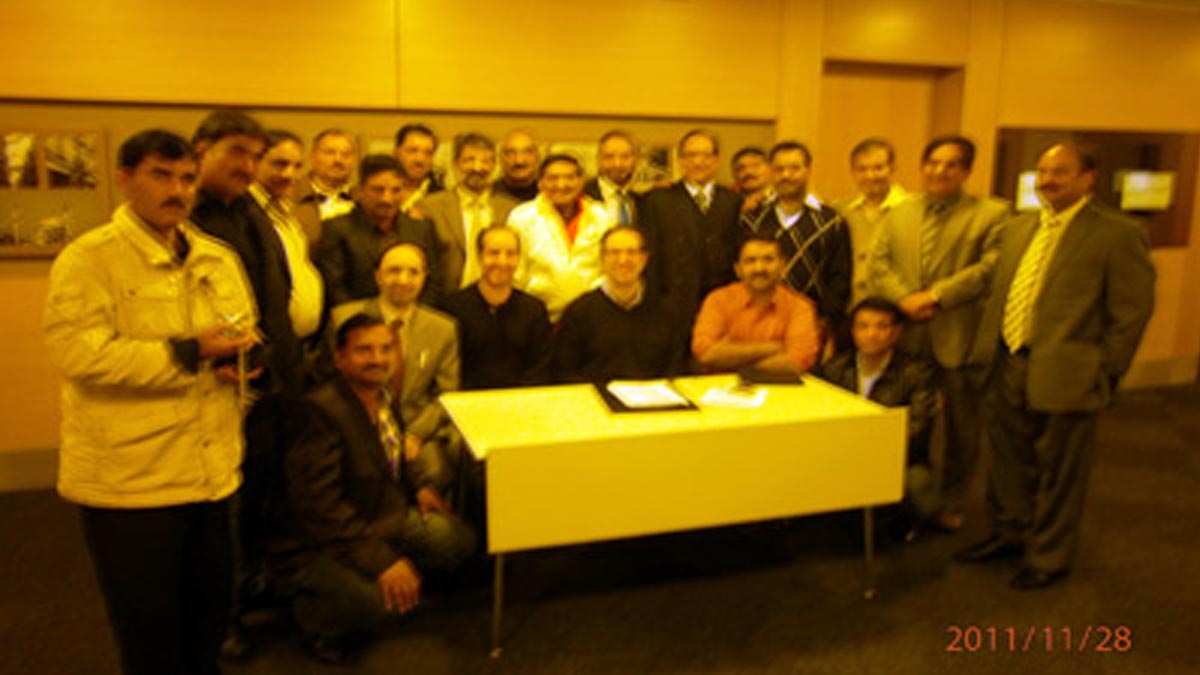- January 8, 2014
- @admin
- 0
- 08th January 2014
Islamabad: Future of Kashmir centric Confidence Building Measures (CBMs) is chiefly dependent upon the much needed initiative to institutionalize them, lest they should continue hanging in balance in view of heightened tension between India and Pakistan along Line of Control (LoC).
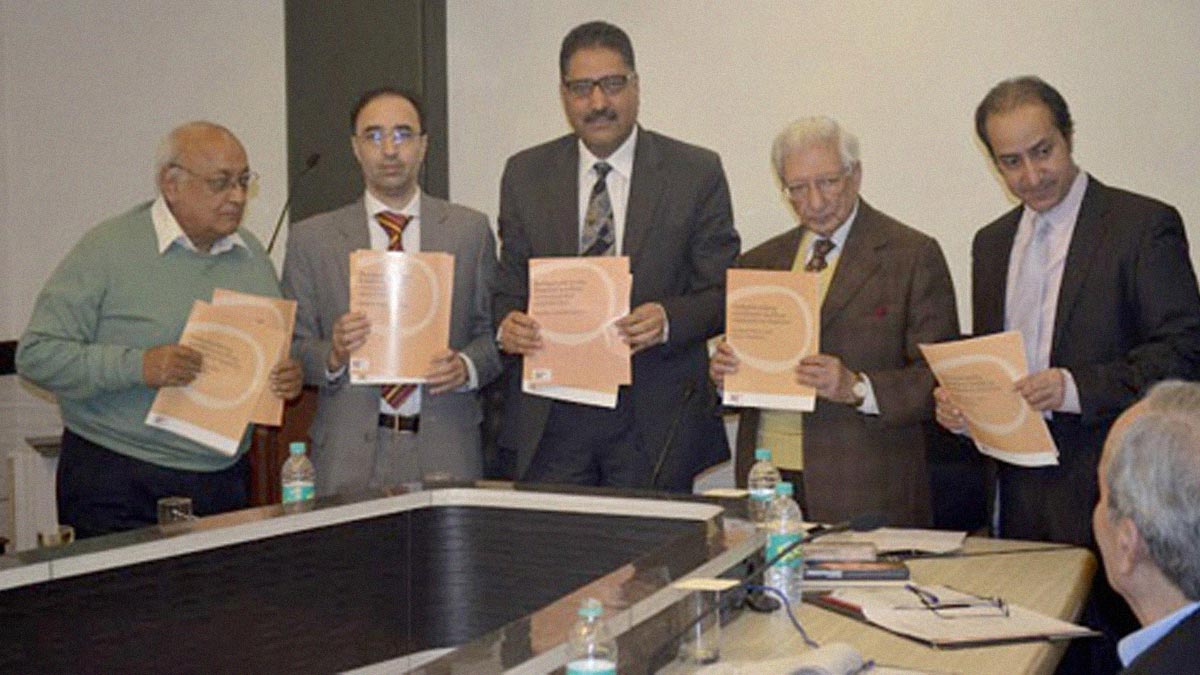
This has been underlined in a most recent study ‘Institutionalizing Confidence Building Measures on Kashmir’. Co-authored by Shaheen Akhtar and Zafar Choudhry, the study is brought out by a Kashmir Initiative Group (KIG) in collaboration with Conciliation Resources, London.
While making a close examination of the net result of the CBMs, set in motion in the heel of a ceasefire along LoC in 2003, the study reminds that they were aimed at kicking off trade, travel and dialogue between two parts of the divided state, but their true potential is marred by operational difficulties. Persistent stalemate in the peace process has affected them badly.
“Travel across LoC remains limited due to clearance of difficulties, while the trade has remained a barter system. The ceasefire remains fragile and intra-Kashmir dialogue has yet to take of meaningfully”, the study lament
To imbibe a conducive environment, the study suggests, Pakistan and India should adopt a forward looking approach and agree on de-mining of area on LoC, besides expending “no man’s land area which may act as Zero Point LoC Market (ZPLoCM). It further says that they should embrace a policy of no construction without informing the other side so that trust deficit issue could be addressed effectively.
They report proposes the two sides to take a bold decision and relocate “heavy artillery to at least 30 km away from LoC”, besides agreeing on the reduction of troops over here.
The report also enlists the contribution of bus service across LoC in connecting divided families, but reminds that its utility can be enhanced tremendously by removing the operational difficulties in this regard.
Since 2005, over 22 thousands people travel across LoC through this service, “however, the process of obtaining a permit for travel is long and strenuous, and a limited number of people have been able to secure a permit”, the report underlines.
Trade across LoC was another very good initiative but till today this remains based on mutual trust between concerned parties with no proper mechanism in place to address technical and market issues. Traders from neither side have a direct access to their target markets to assess prevailing trends and scope. “From the outset, this trade has suffered because of basic problems, including a lack of banking facilities and financial arrangements, communication and access to markets”, the report points out.
The report in he end suggests that to make CBMs more fruitful and result-oriented, the process of travel permit obtaining should be made easy, in addition to opening of new trade routes across LoC such as Kargil-Sakardu route. To make the trade a self-sustainable process, banking relations, communication networks, transport networks, regulatory networks and legal networks for dispute resolution be put in place.
It further suggests that Jammu and Kashmir Joint Chamber of Commerce and Industry should be accorded official recognition by both India and Pakistan for regularization of trade and settlement of disputes among traders.
It further suggests that intra-Kashmir dialogue be kicked off without any further delay and parliamentary leaders should in particular be facilitated to meet frequently to create a suitable environment to settle the dispute peacefully.
The study was jointly launched in New Delhi by an Indian senior journalist & author Prem Shankar Jha, Ershad Mahmud,Co-convenor of KIG, Shujaat Bukhari, KIG convenor, M K Rasgotra, ex-Indian foreign secretary, Tahir Aziz, Director programme conciliation Resources, London.

Ershad Mahmud
The writer is a freelance contributor. He can be reached at:


